Cop Shiva: School dropout, street vendor, policeman and artist
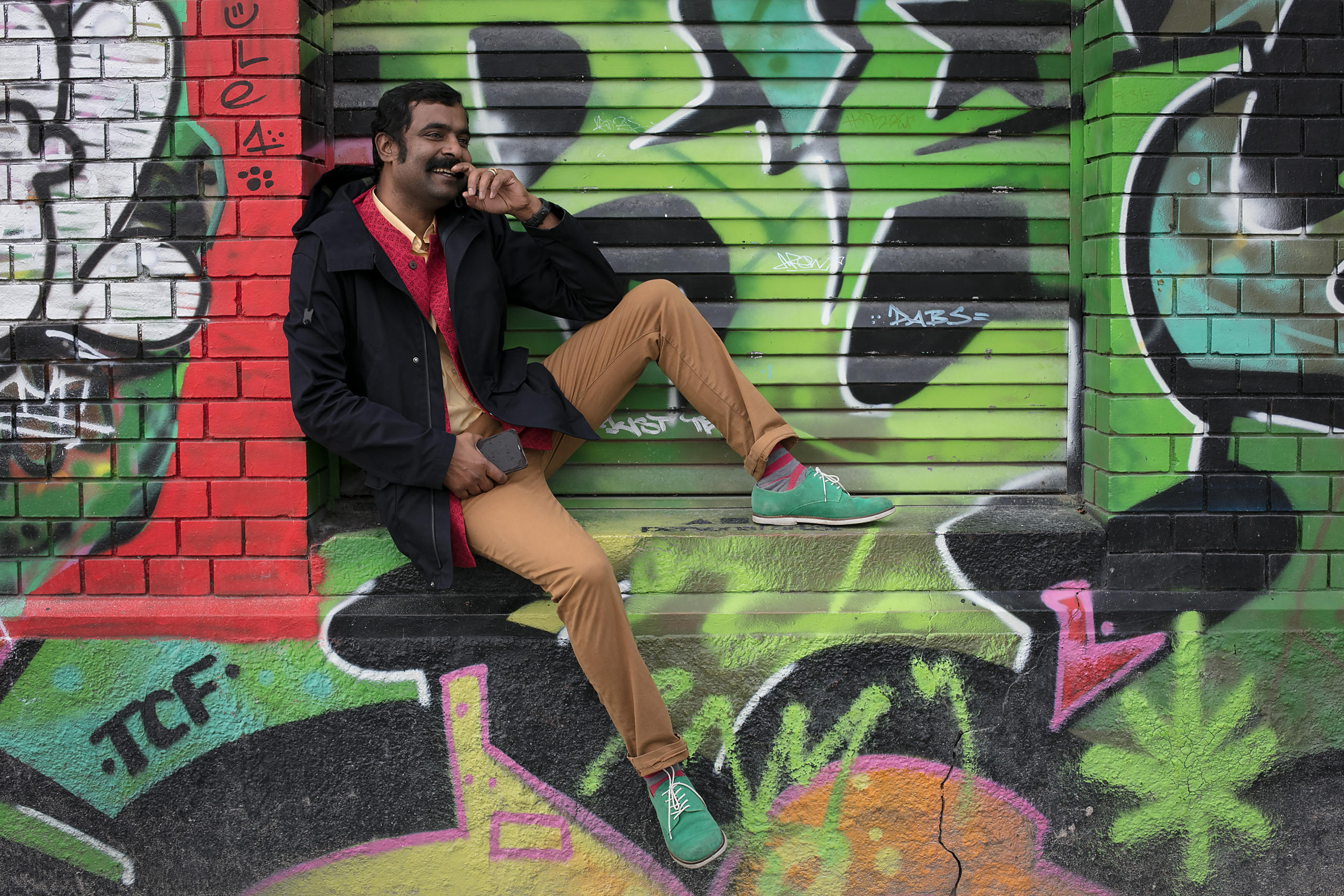
Born into a poor farming family in southern India, Shivaraju had to leave school to support his family. A job in the police force gave him financial stability but it was photography that helped him redefine his place in Indian society and gain recognition abroad.
It is a cold winter morning in Zurich. The Rote FabrikExternal link arts centre along the lakeshore appears deserted. The only sign of life is a homeless man muttering to himself and scrounging the area for discarded cigarette butts to smoke.
Appearances can be deceptive. Inside, a few artists are at work in their studios in the red brick building that was formerly a factory earmarked for demolition. One of them is Indian photographer Banikuppe Siddaramaiah Shivaraju, aka Cop Shiva. The cavernous studio appears messy. There are strewn bits of paper everywhere. Shivaraju, who is colourfully dressed in a yellow shirt, red Nehru jacket and green shoes, explains that the mess was nothing but remnants of a public performance he had given as part of his three-month Swiss residency, funded by the Swiss arts council, Pro HelvetiaExternal link.
During an exhibition of his photos at Rote Fabrik, Shivaraju had dressed up as the Indian God of wealth Kubera and distributed fake currency notes to the audience. It was a tongue-in-cheek criticism of the Indian Prime Minister Narendra Modi’s unfulfilled promise to return money stashed by wealthy Indian tax-dodgers in Swiss banks. Money was always scarce when Shivaraju was growing up.
“We had 1.5 acres of land on which we grew Ragi (a millet) and lentils to eat. My mother used to work as a farm labourer on other people’s land for a little money,” he told swissinfo.ch.
Shivaraju wanted to become a lawyer but had to quit his studies when he was 15 as the family did not have any money to scrape together the tuition fees.
“I cried with my mother as we couldn’t do anything about it. We had no assets except two buffaloes and a small patch of agricultural land that we needed to survive,” he says.
He took up a range of odd jobs; working in a small shop, selling fruit on the street and hustling as a door-to-door salesman for companies that wanted to offload cosmetics and cleaning products. His smooth-talking ways ensured there was enough money to send home. However, a longing for a more stable career made him apply to serve in the state police. He became a police constable. Shivaraju’s people skills were put to good use when he became a counsellor at a police station. His role was to dissuade people from filing complaints and resolve the issue among themselves instead.
“We got so many people coming in wanting to file a report that we would never be able to process all of them. Disputes with neighbours or spouses, problems involving alcohol or love affairs and financial disputes were the most common complaints I had to deal with,” he says.
Path to art
A chance meeting with someone involved in the art world led him to the “1 Shanti Road Gallery” which is a bastion for arts and culture in Bangalore city. Shivaraju saw his first art exhibition there and learned how artists create their works. Every alternate week, when he was on the night shift at the police station, he would volunteer at the gallery, assisting visiting artists from abroad with tasks like buying material or showing them around the city. He then began to document their work using a small Canon 12-megapixel camera.
“I felt very comfortable and confident behind the camera. I wanted to create my own art,” he says.
Shivaraju decided to take the plunge and purchased a Canon 550D with his savings. For his first artistic endeavour, he did a series on a Gandhi impersonatorExternal link.
“The man was a schoolteacher who wanted to spread Gandhi’s message to society as he felt Gandhian values were disappearing. I had heard about him but it took me over two months to track him down,” he says.
The pictures were well received and brought him recognition outside India. He was invited to Switzerland, Sri Lanka, Berlin and Spain to exhibit his work. But his new life as an artist created problems at work.
“My police colleagues couldn’t understand what I was doing. They only saw me holding photo exhibitions and giving interviews to papers and this made them a little bit uncomfortable,” says Shivaraju.
The moment of truth came when he was invited for an art residency in Sweden. As a policeman, he was obliged to report for duty when needed, even during vacations.
“I decided to quit my job. I did not want to put my bosses and colleagues in a difficult position,” he says.
Cop Shiva documents the complexity of rural and urban India, focusing on people and portraiture as a genre. His portfolio includes intimate portraits of urban migrants, people of alternative sexuality, street performers and others living in the hinterland of urban and rural conflict. He seeks to capture the diversity of humans who live on the edge and represent the spirit of our times. (Courtesy Rote Fabrik).
Mixed reception
Shivaraju’s entry into the art scene raised eyebrows in India, especially when they realised he had never been to art school.
“People cannot imagine a policeman doing art. In India, artists study for many years and I came out of nowhere in 2010 and started doing things. Now they are slowly accepting me, but it will take time,” he says.
His colourful pictures and earthy themes have found more success abroad. In 2015, Switzerland was the first western country where he was invited to exhibit his work. He was impressed by how organised the art scene is in the country.
“There are so many institutions, especially for photography, and a lot of funding and fellowships for artists. If you are talented this is an extraordinary country to practice your art,” he says.
However, taking pictures in Switzerland is a lot harder for the 38-year-old.
“The light is different here and there are not a lot of people or much action. I have had to adapt my style,” he says.
Ever the entrepreneur, he’s managed to sell a few photos during his Swiss residency. The money from the sales will go towards buying two cows for his farm in the village.

In compliance with the JTI standards
More: SWI swissinfo.ch certified by the Journalism Trust Initiative
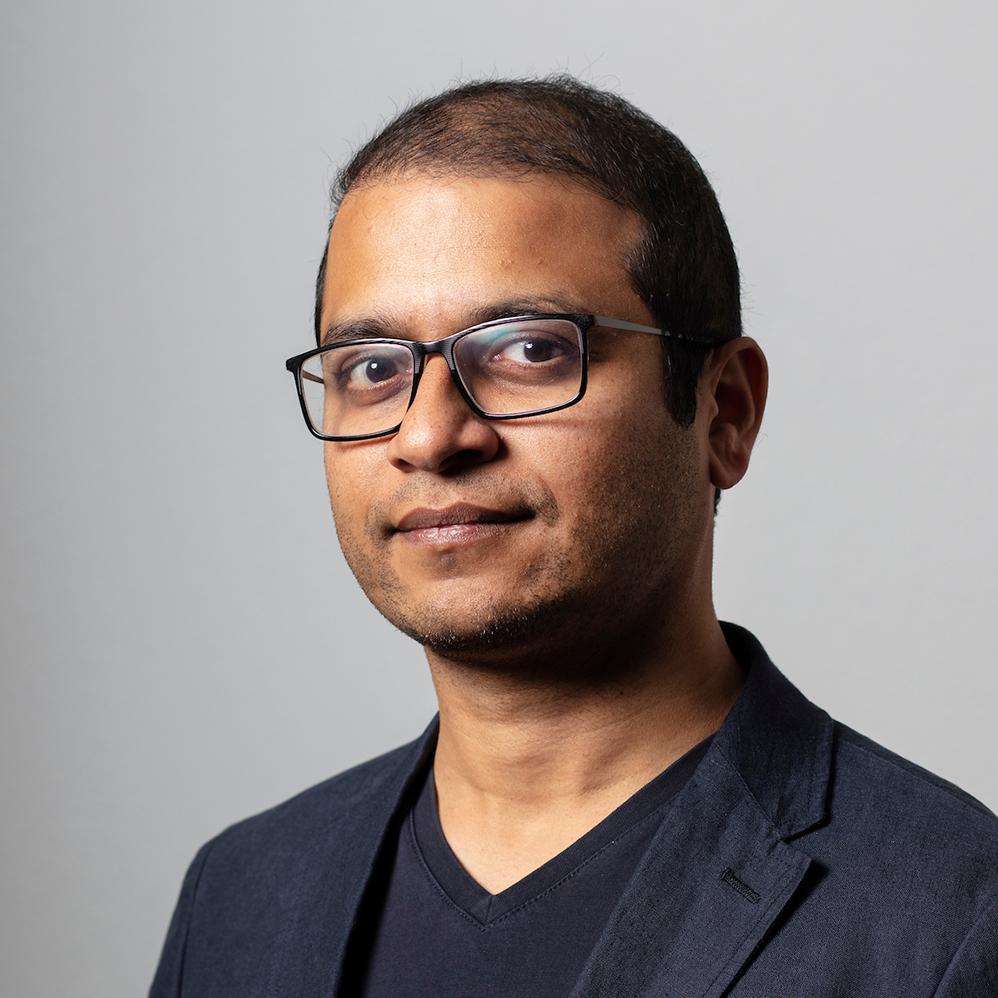
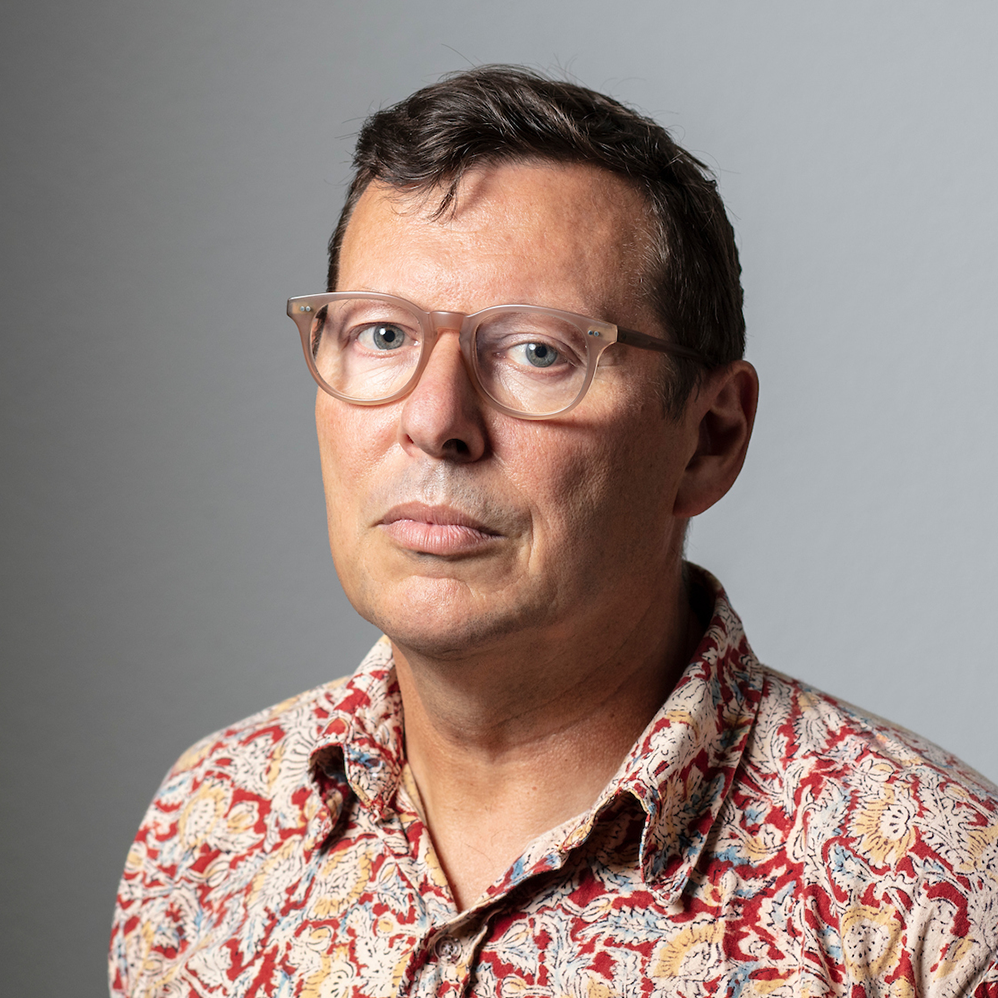
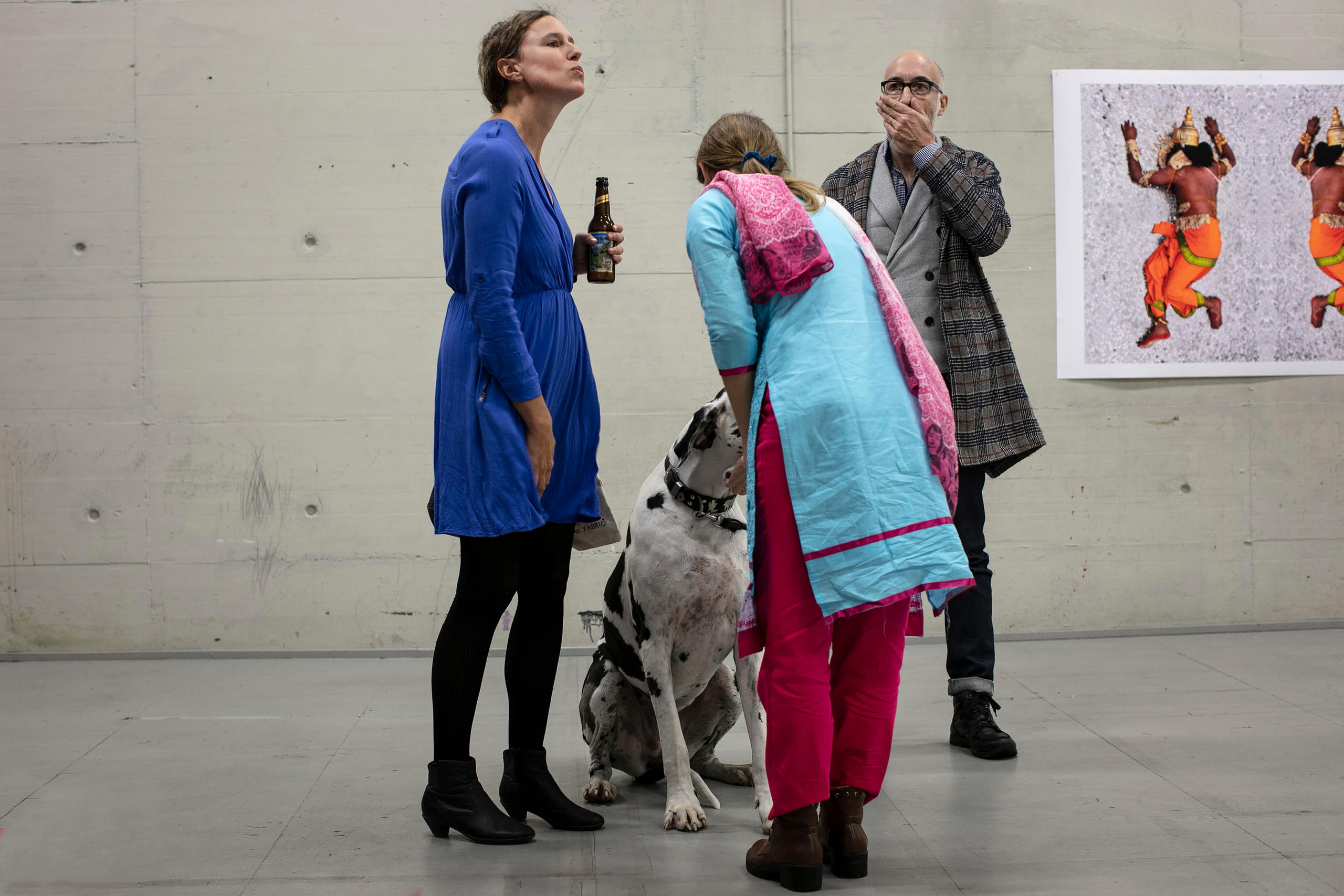
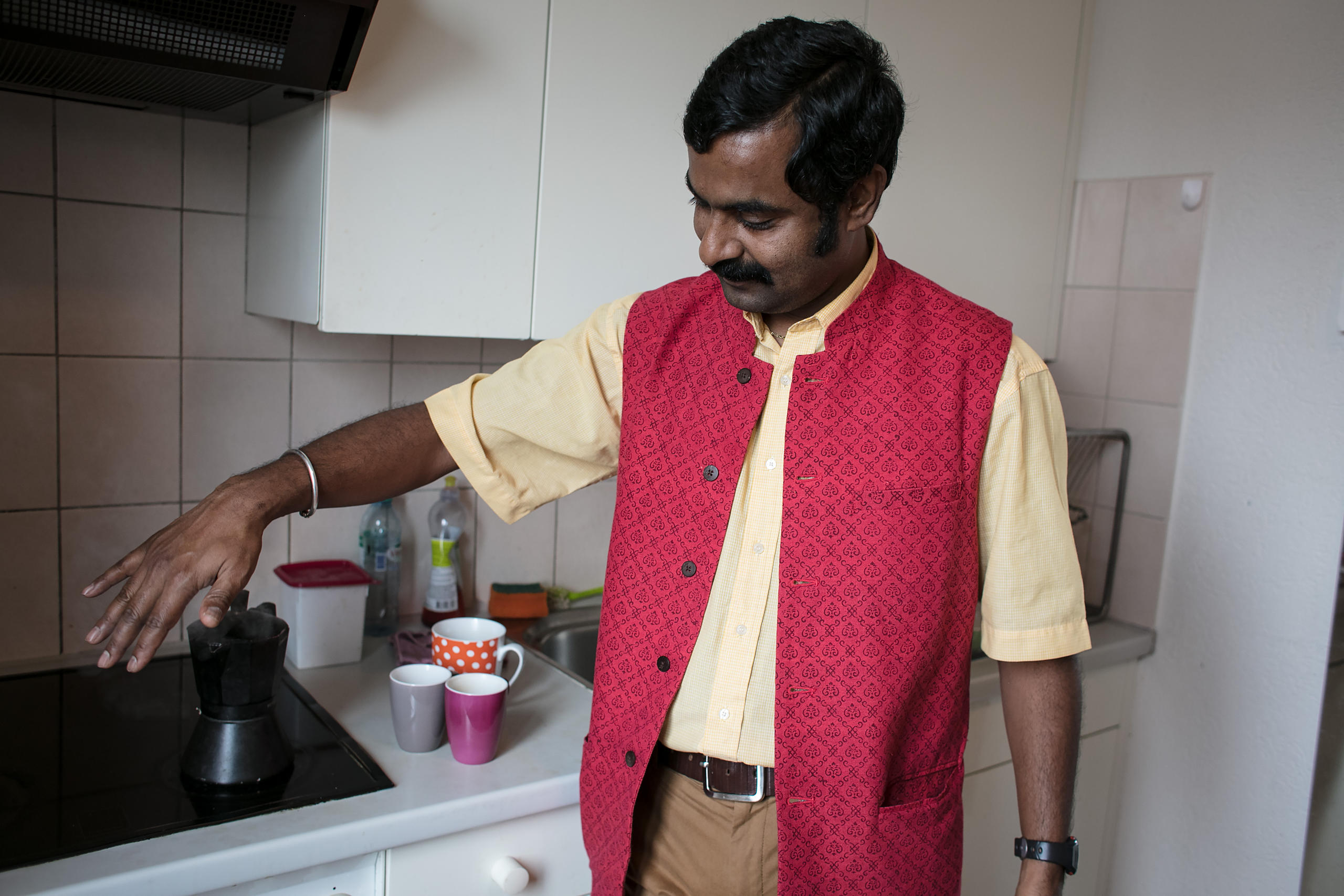
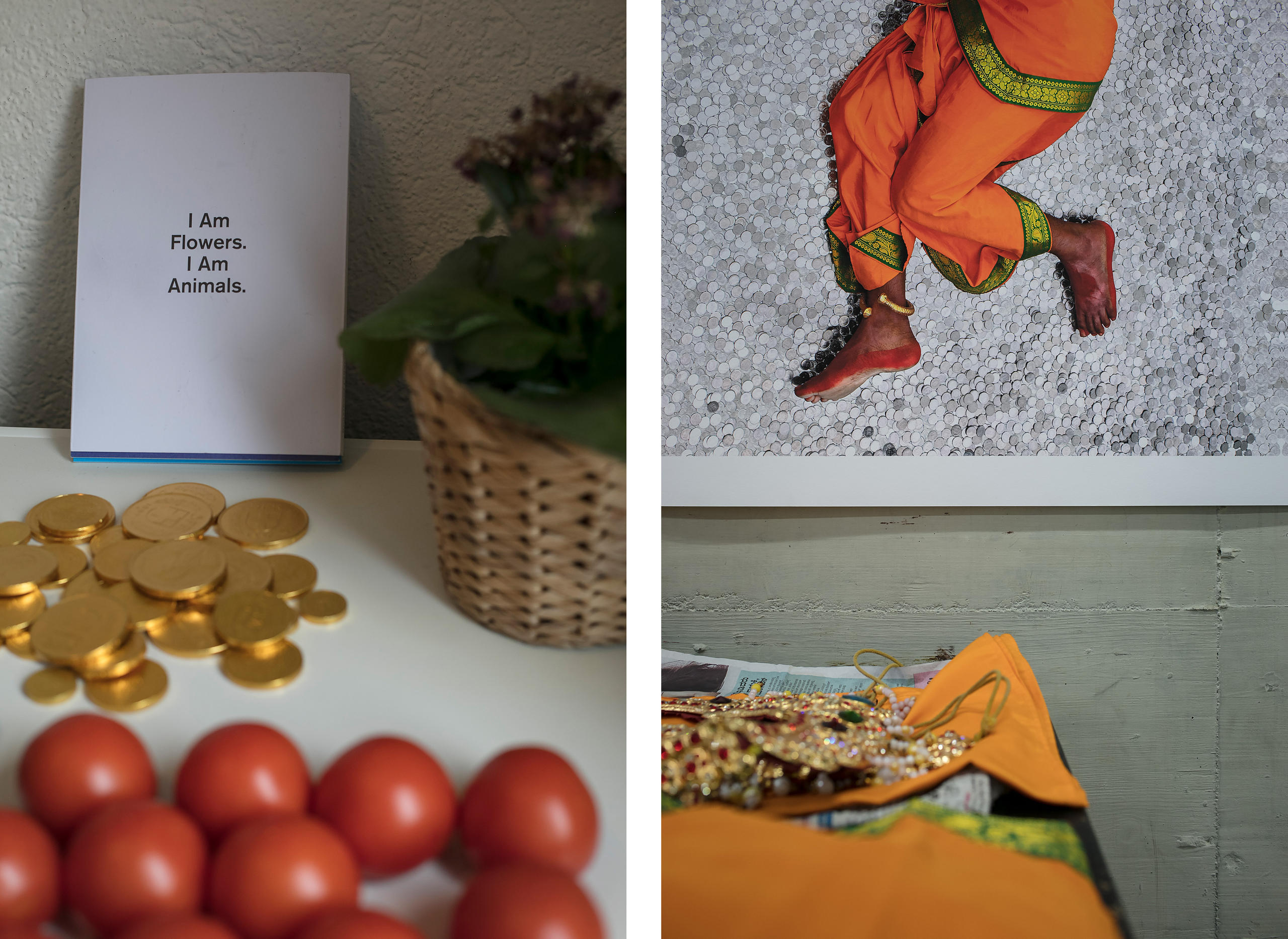
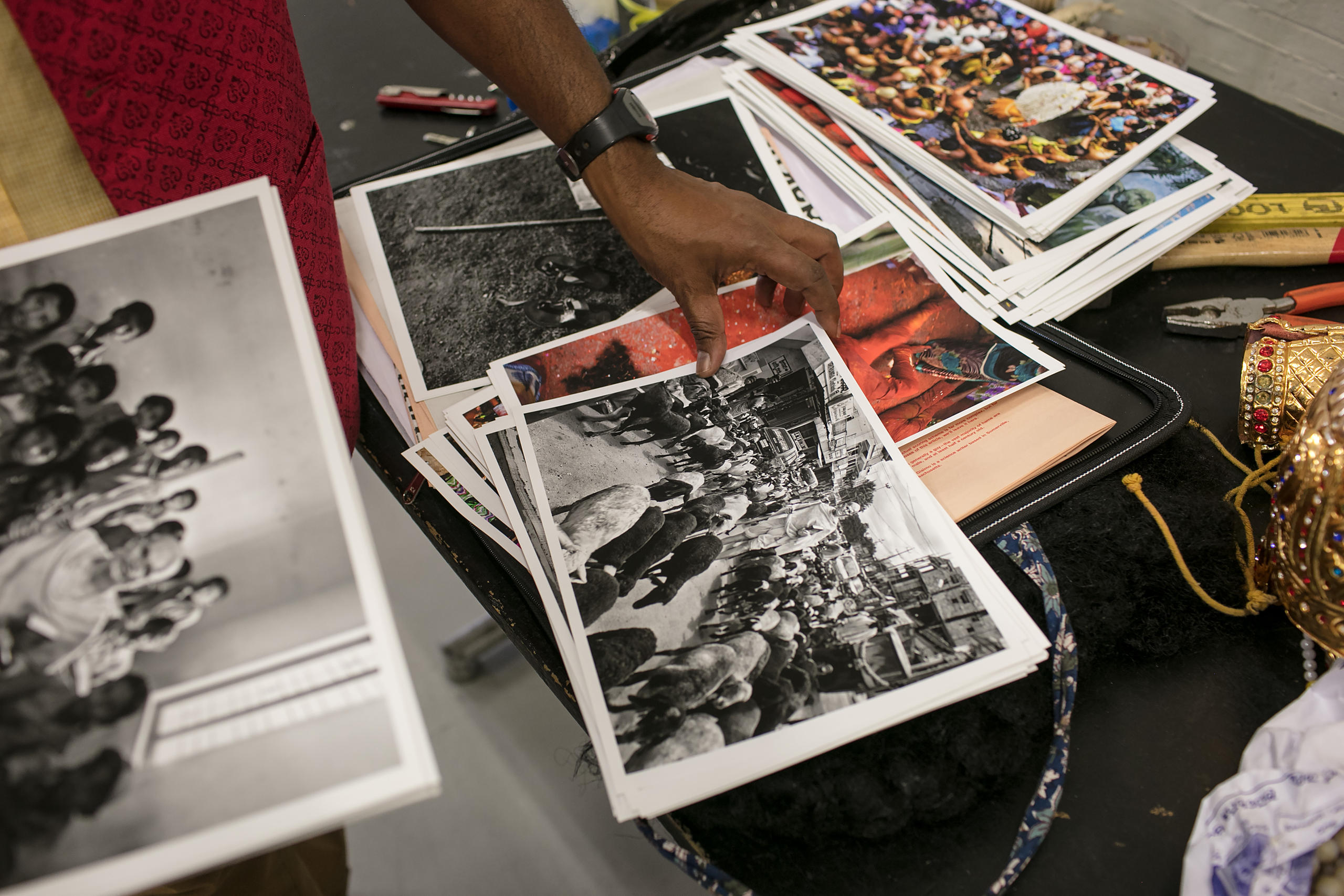
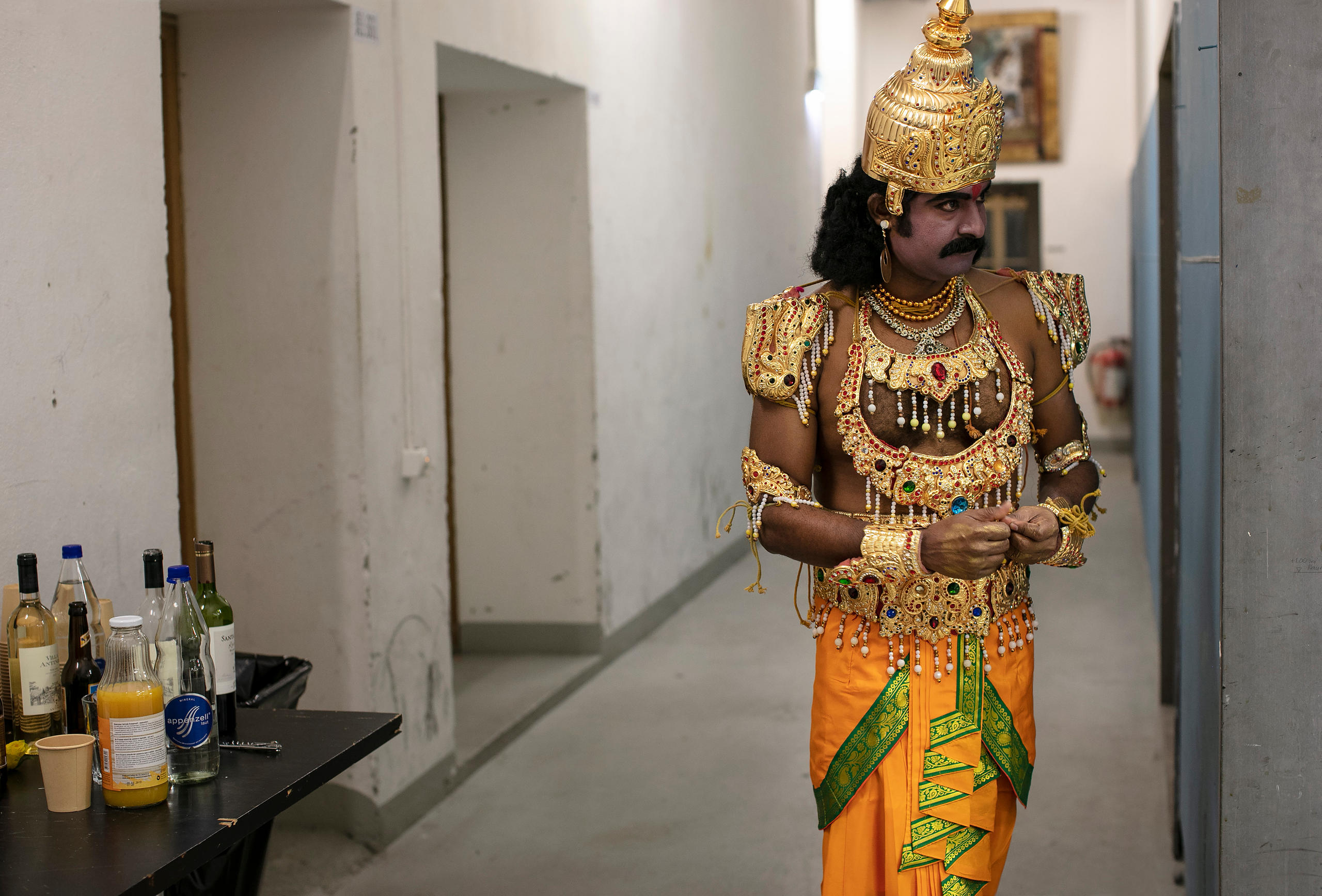
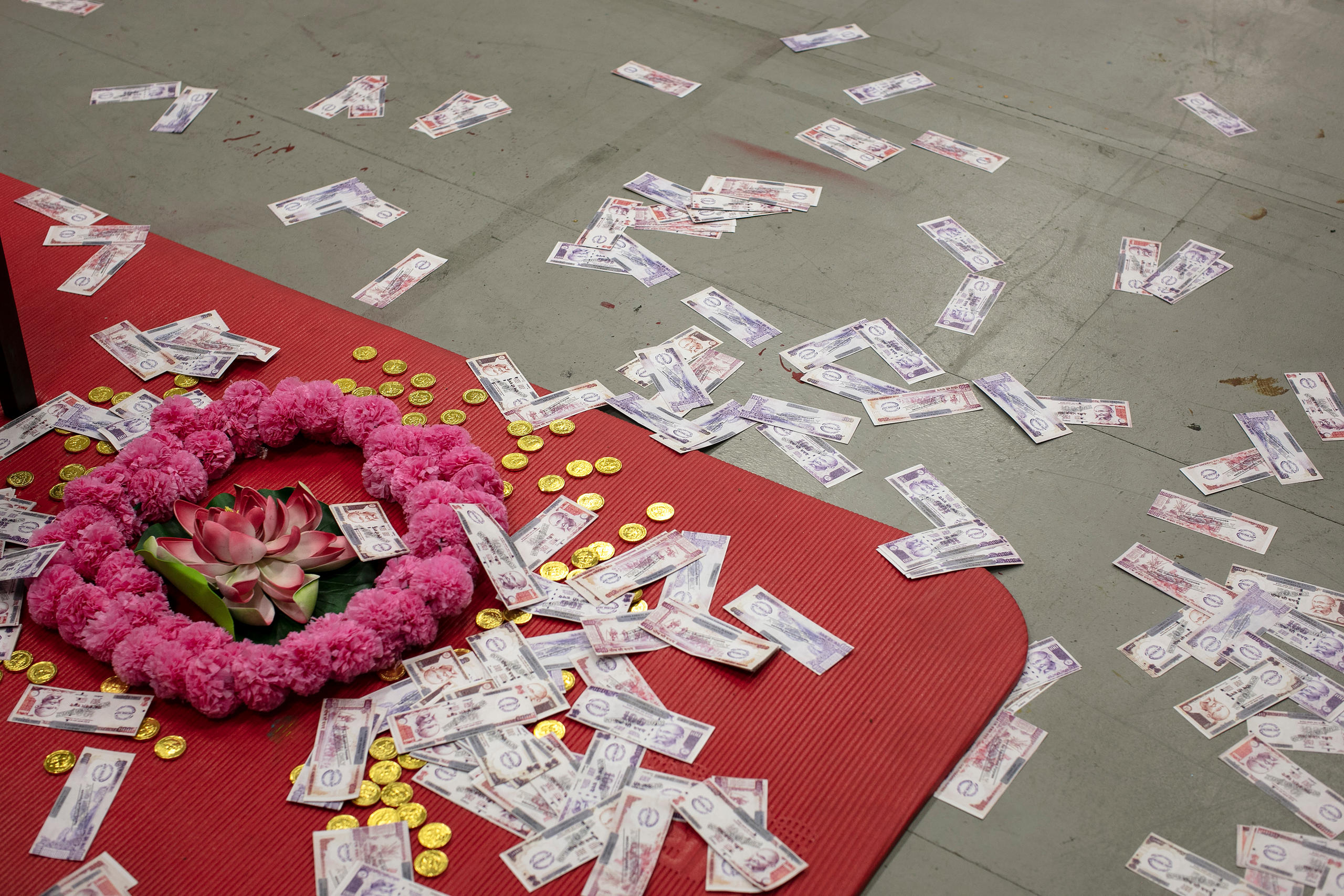
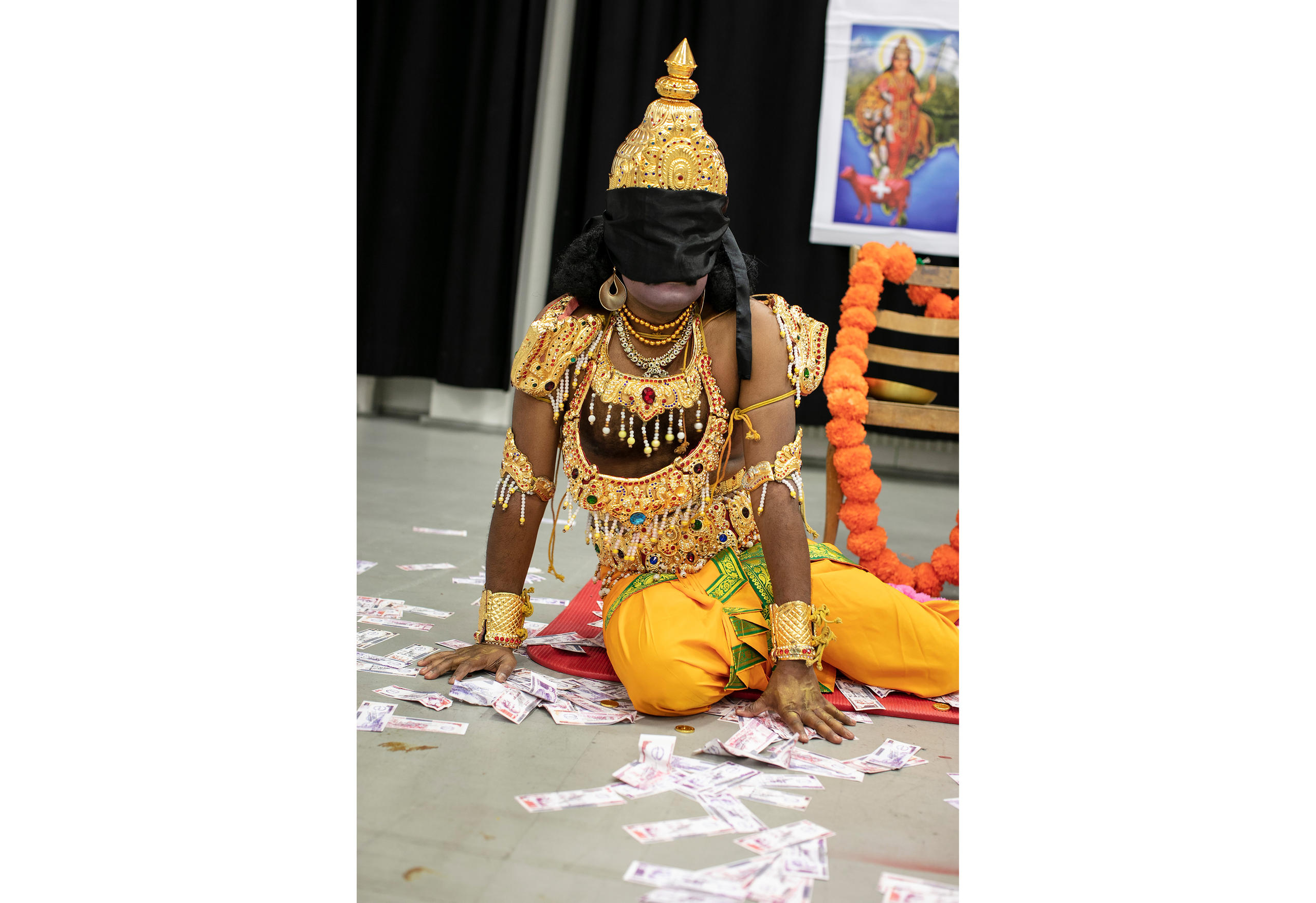
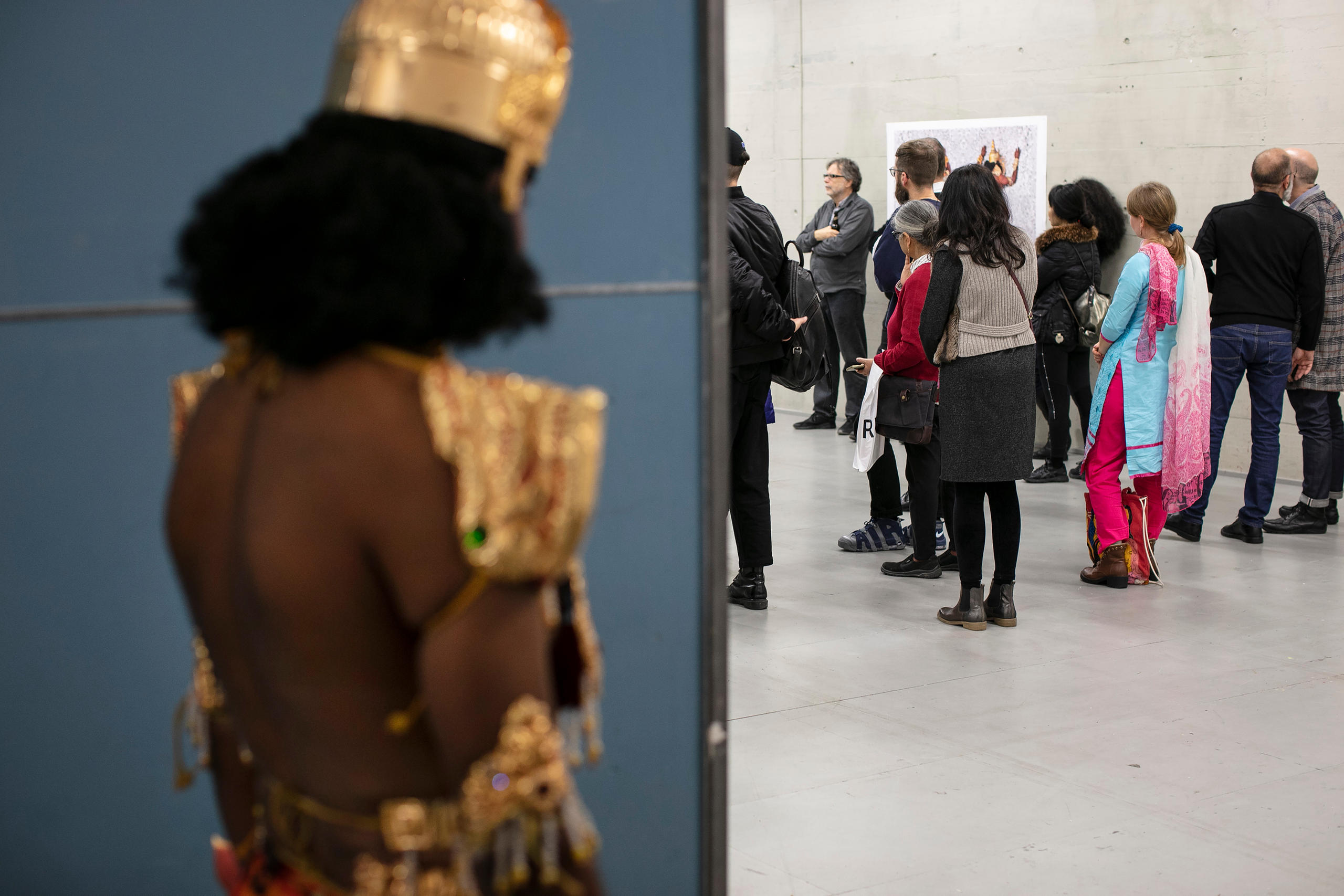
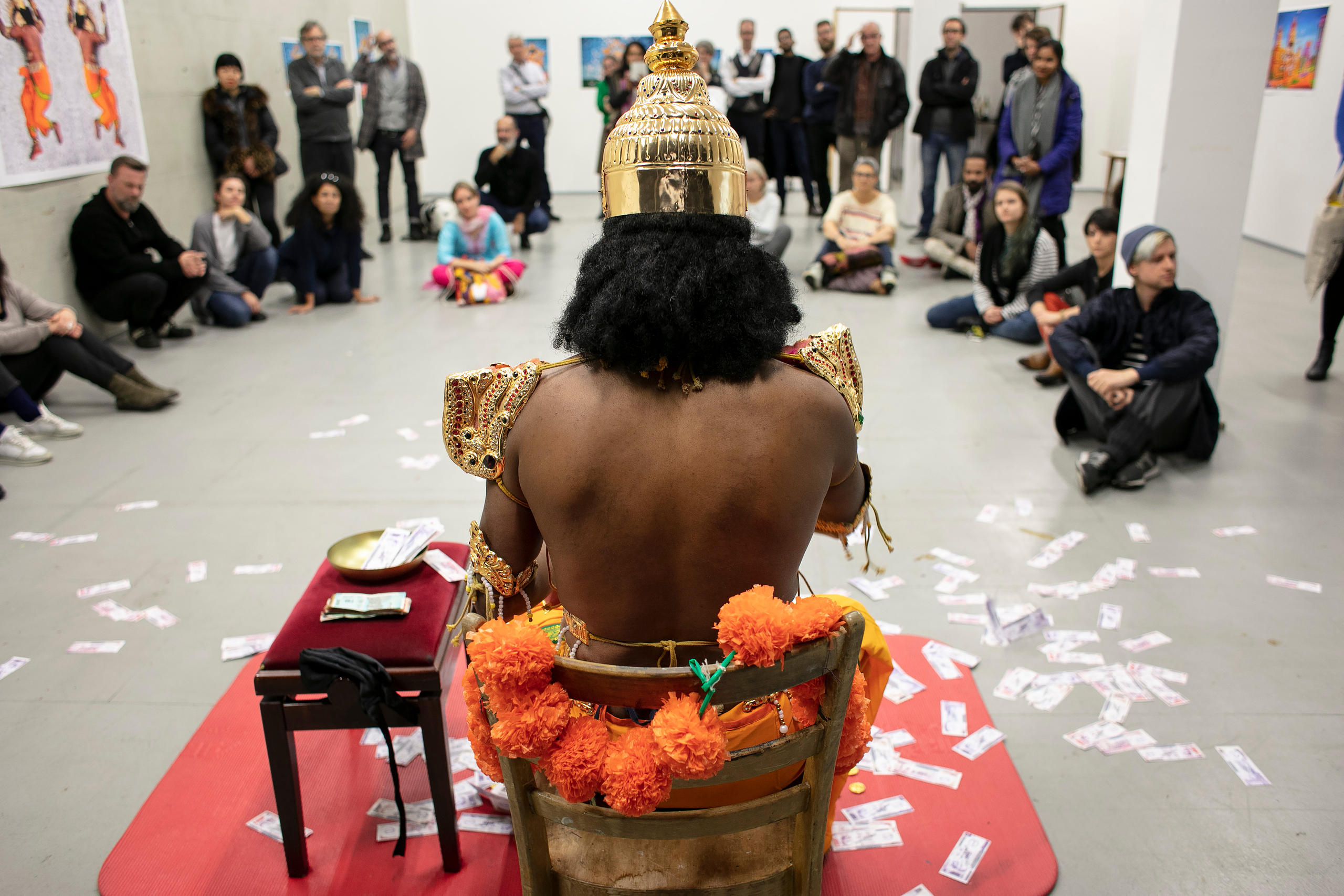
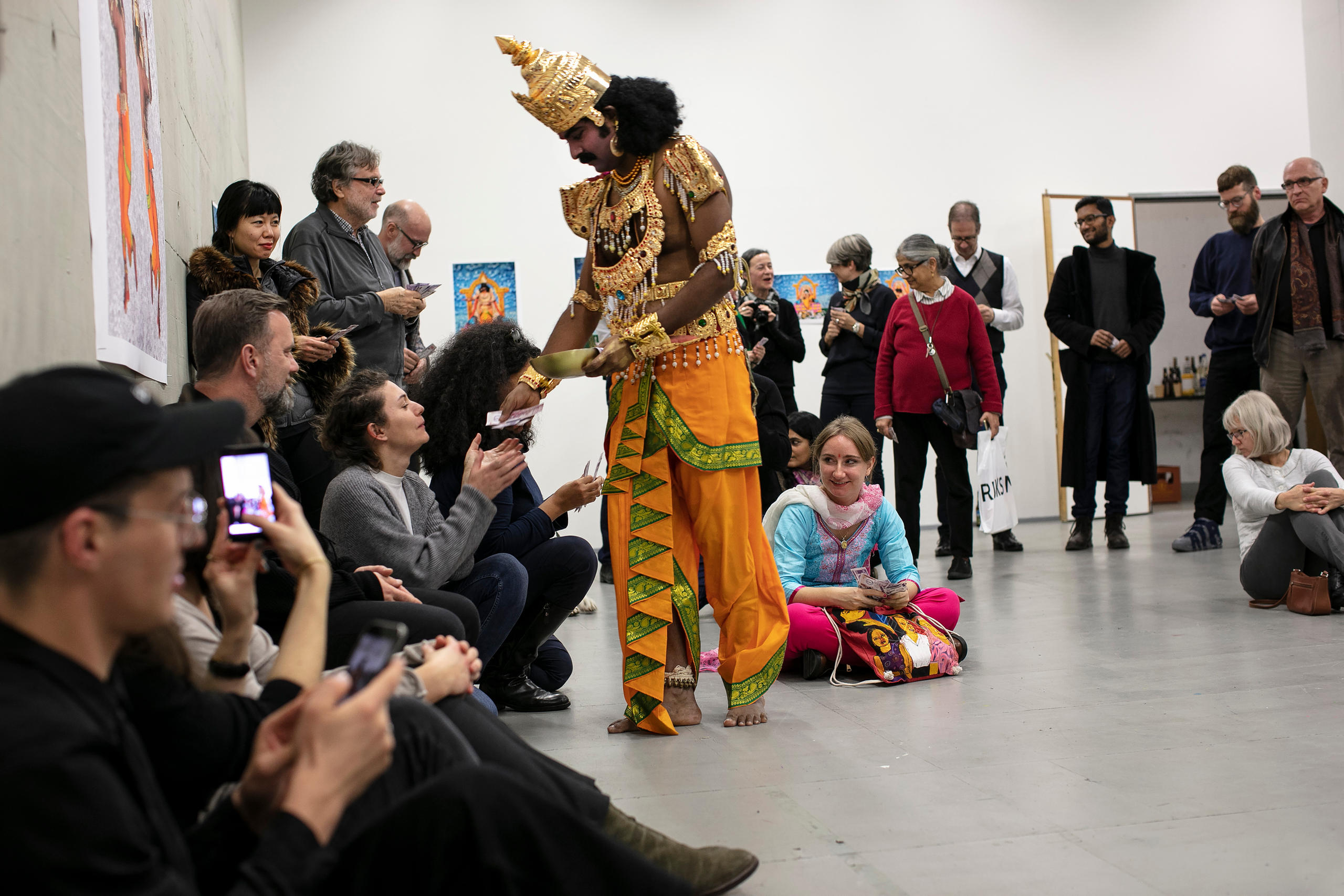
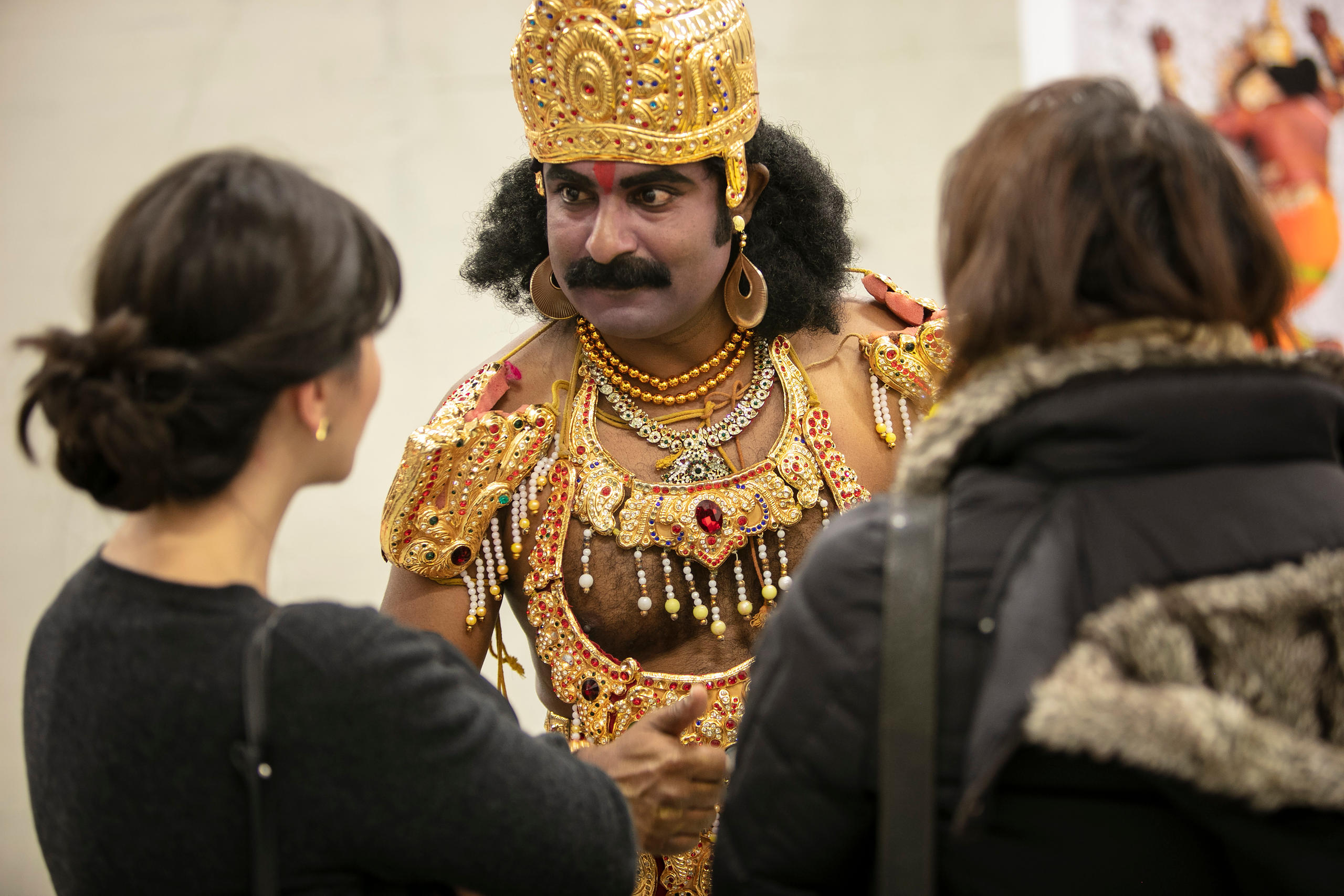
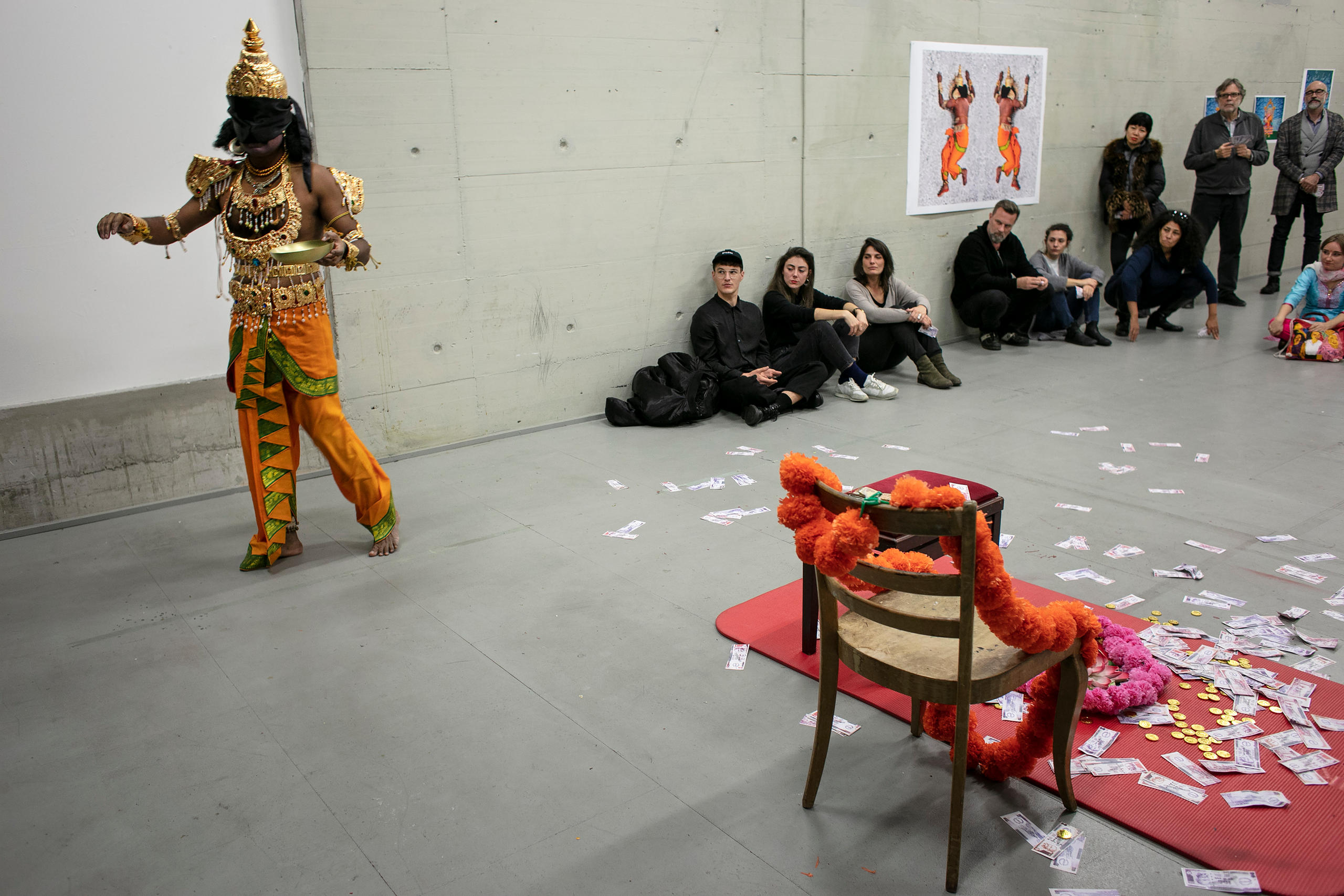
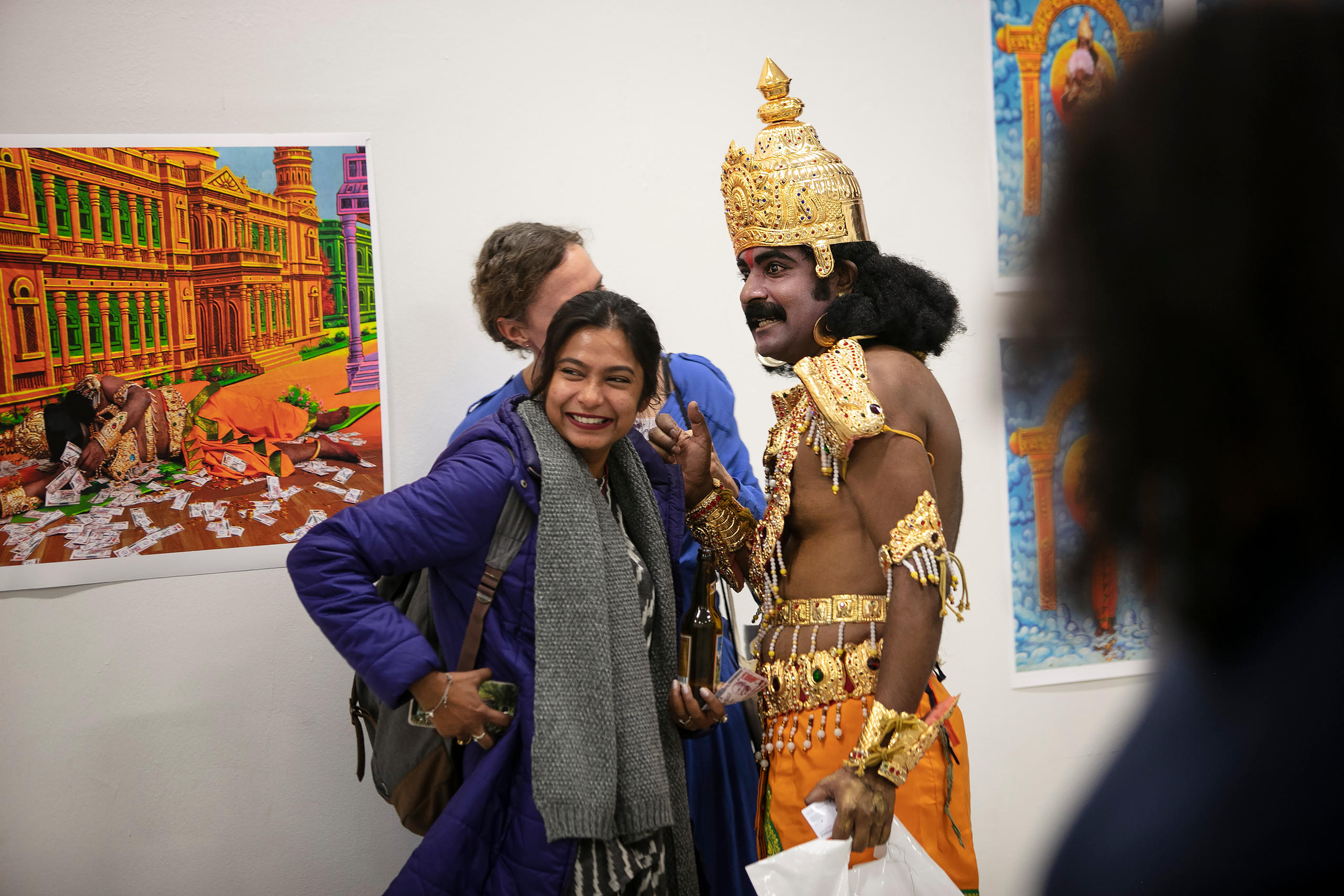
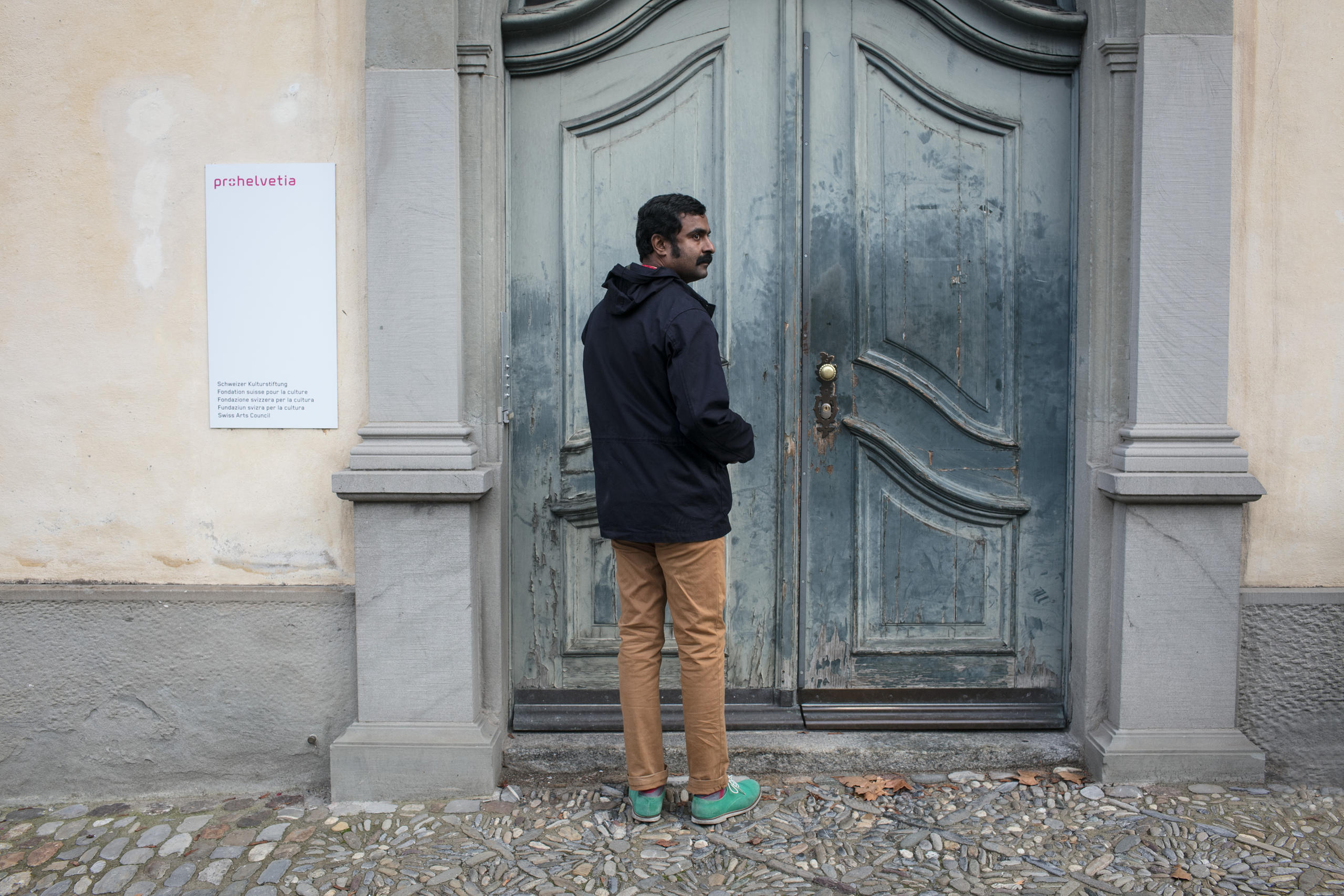
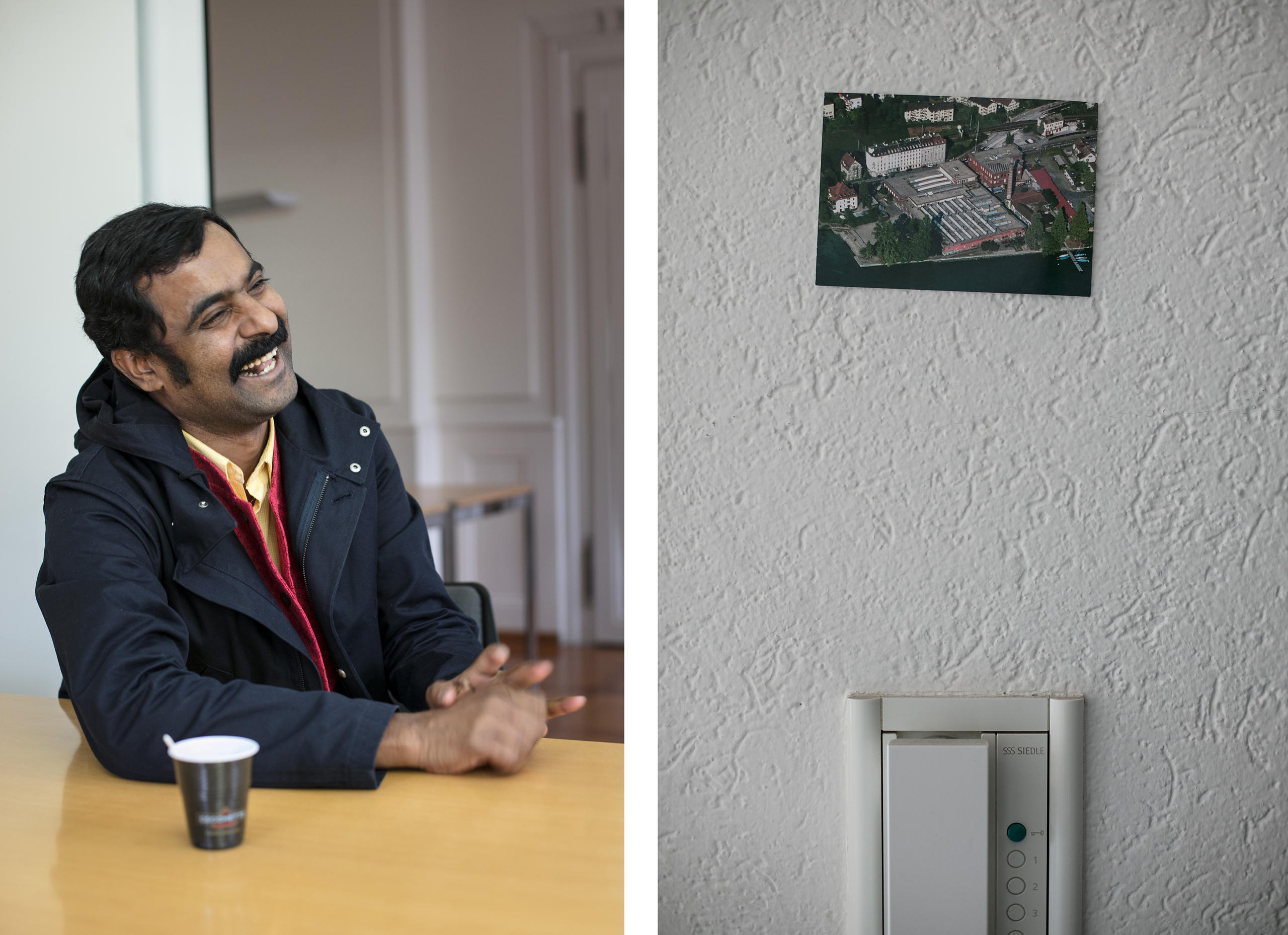
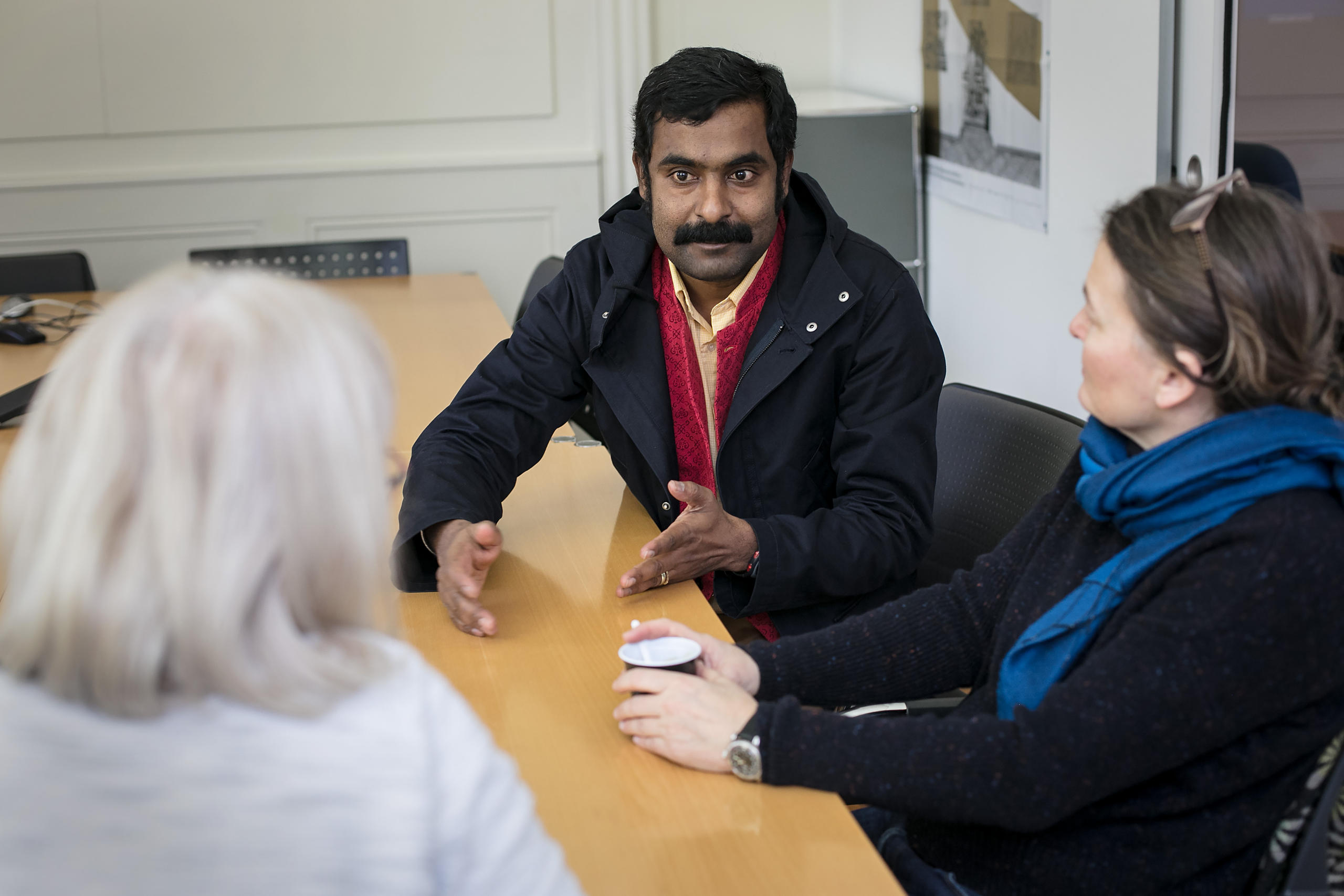
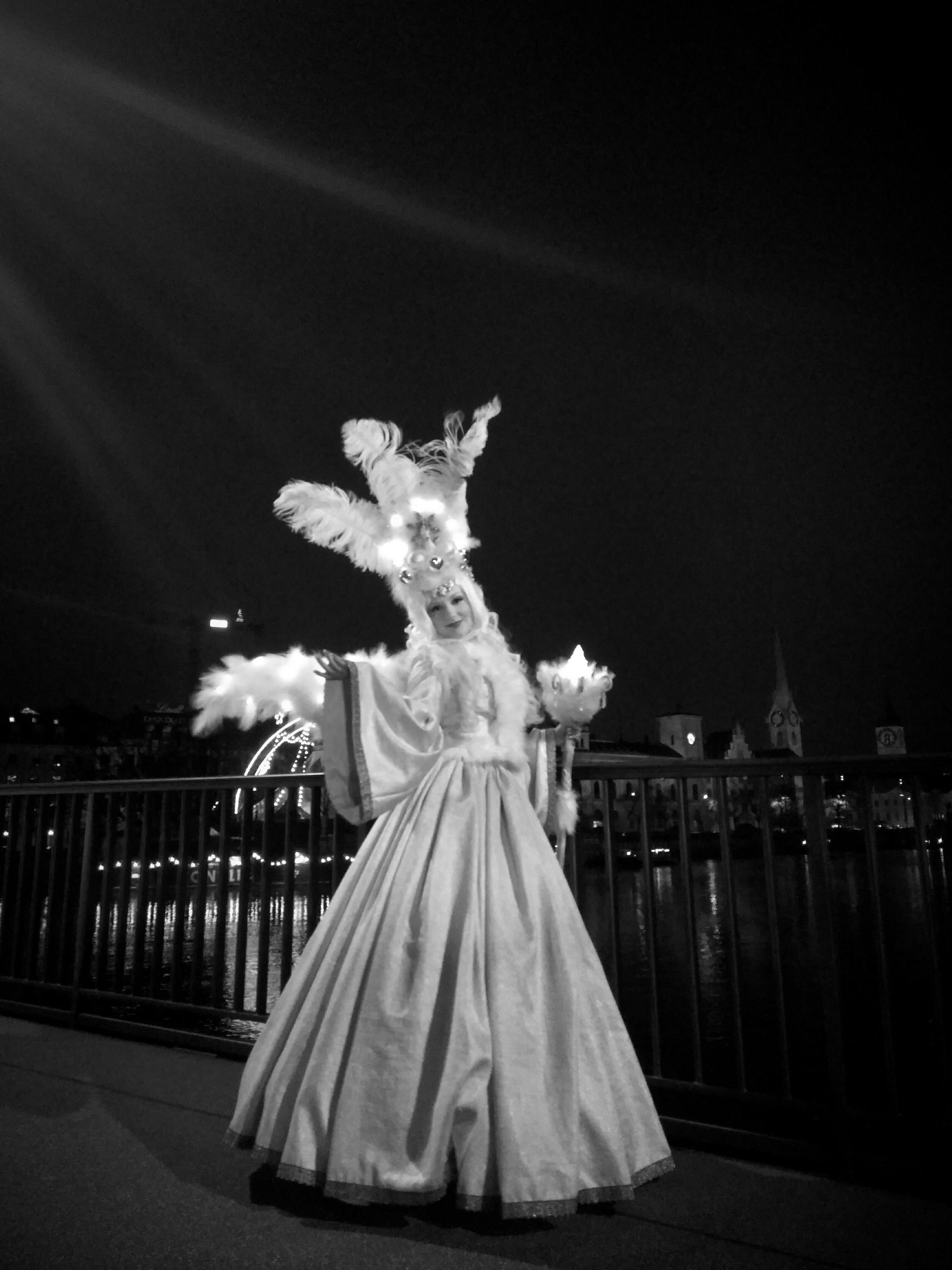
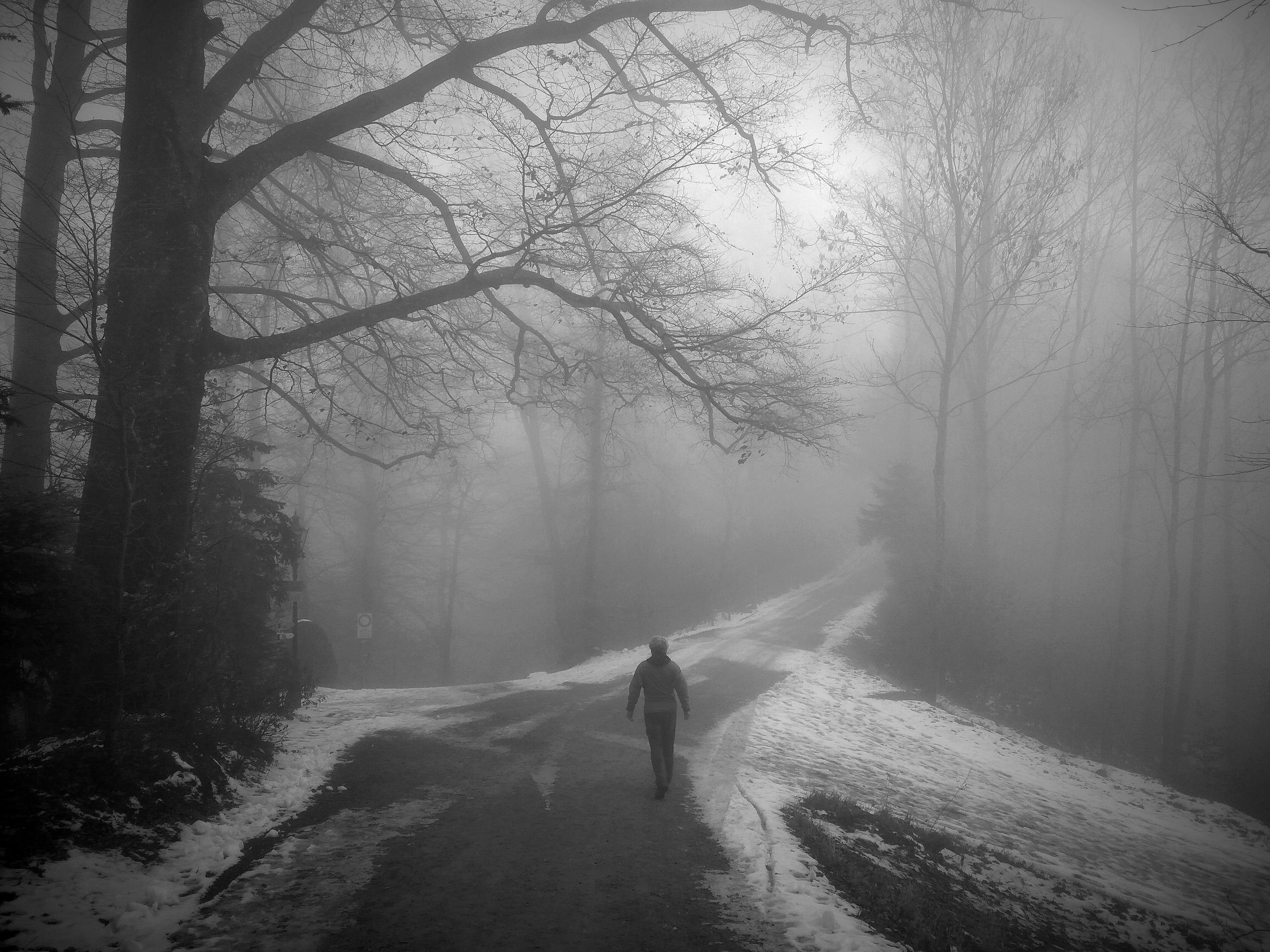
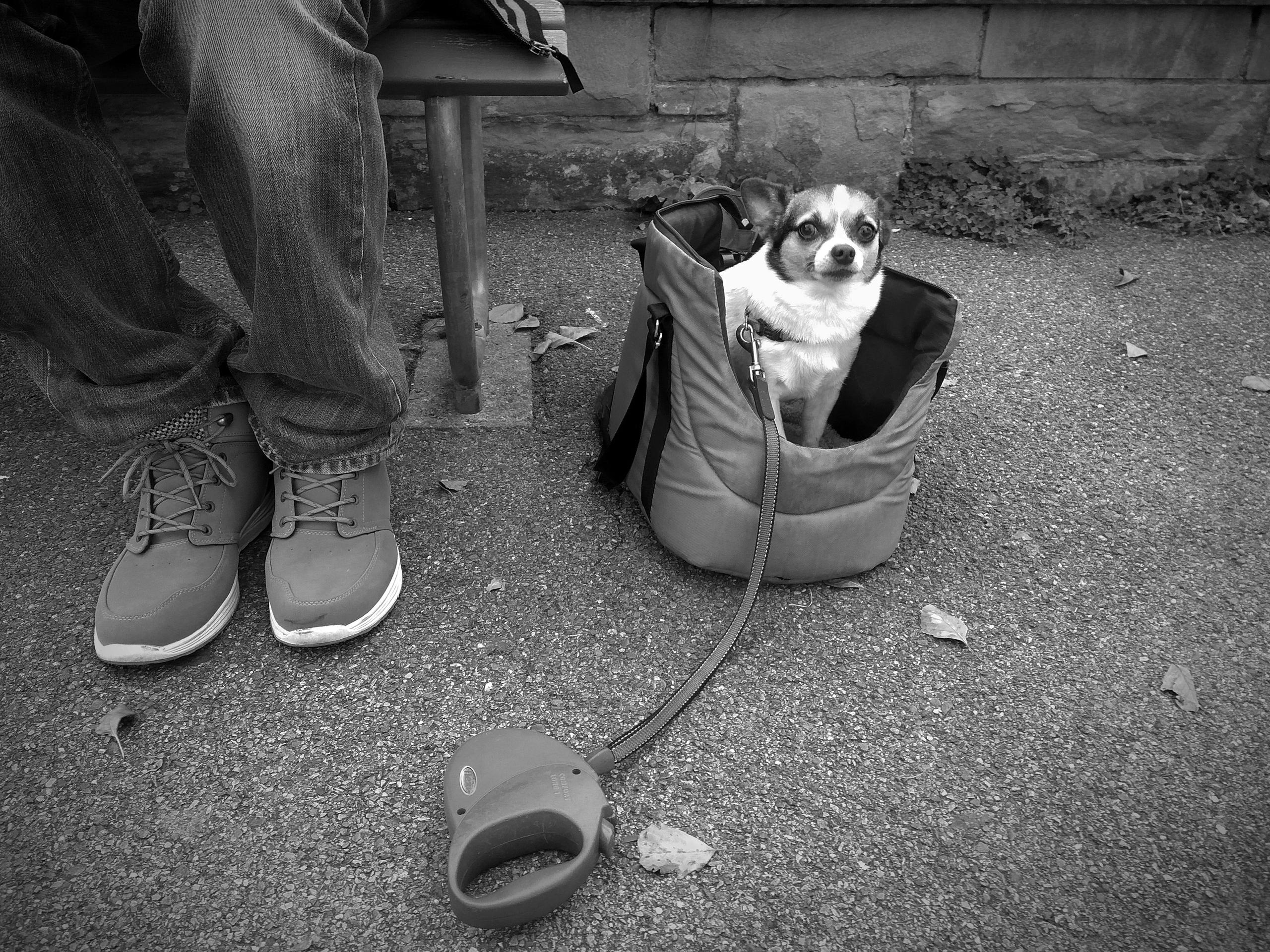
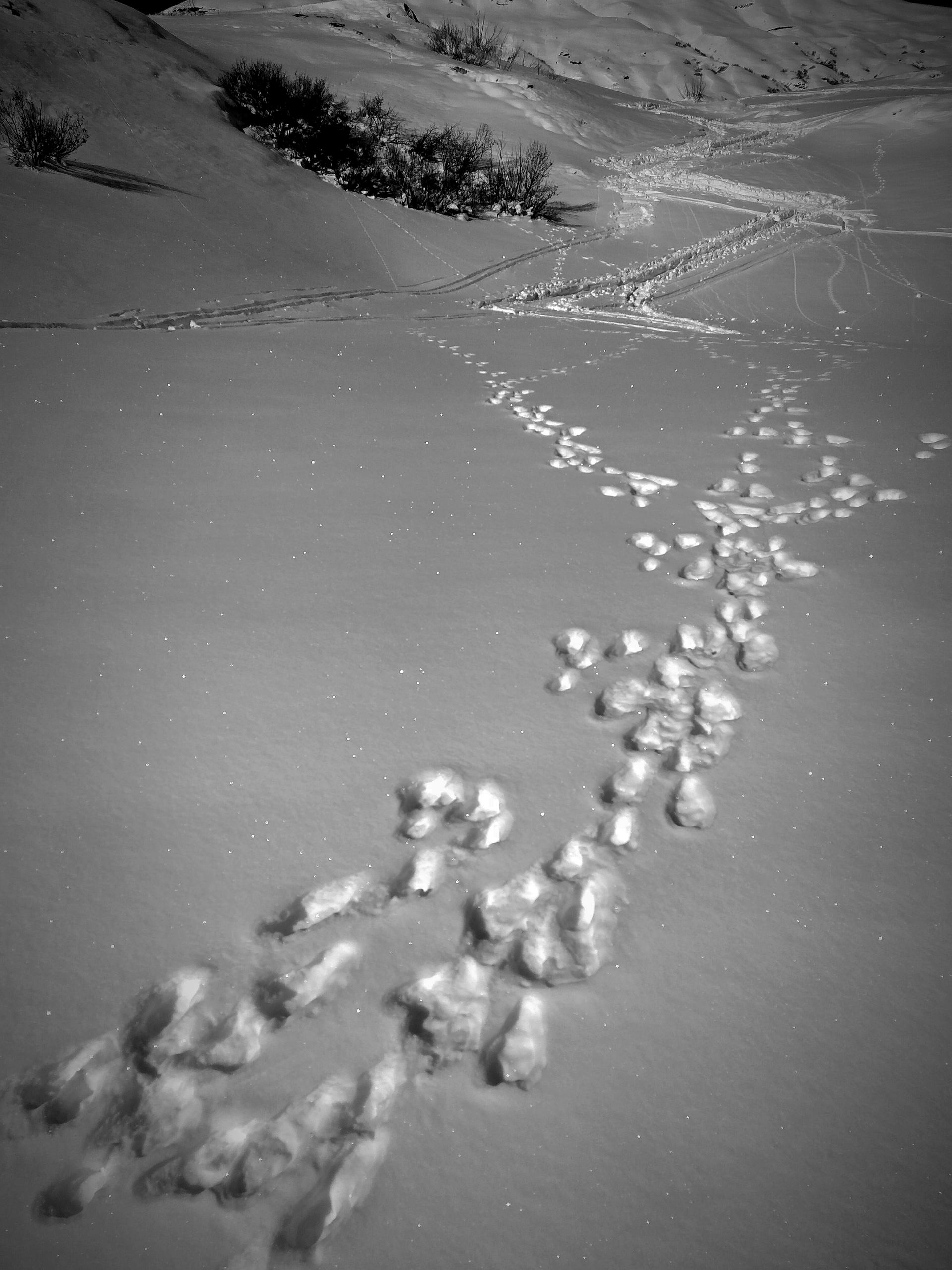
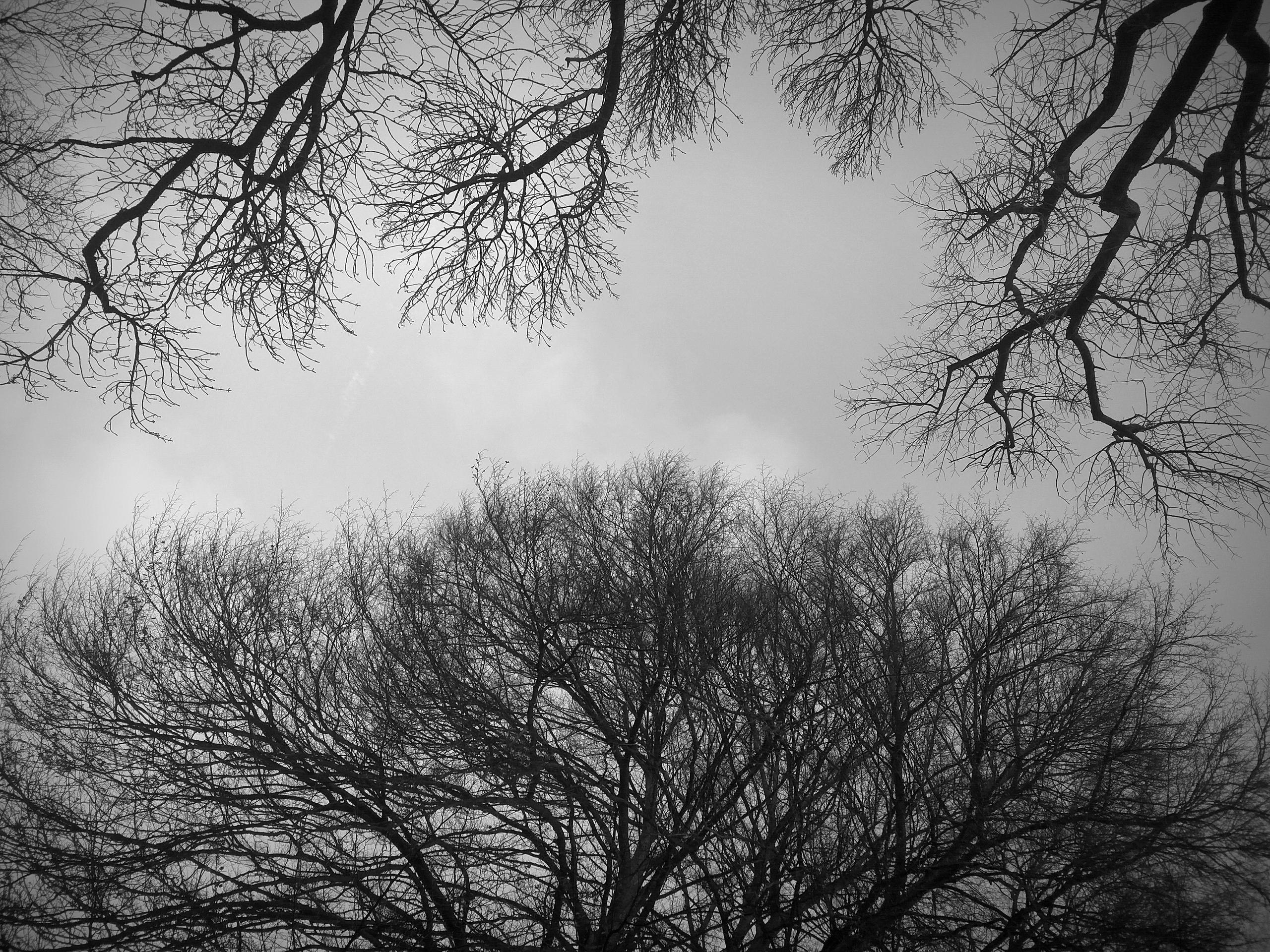
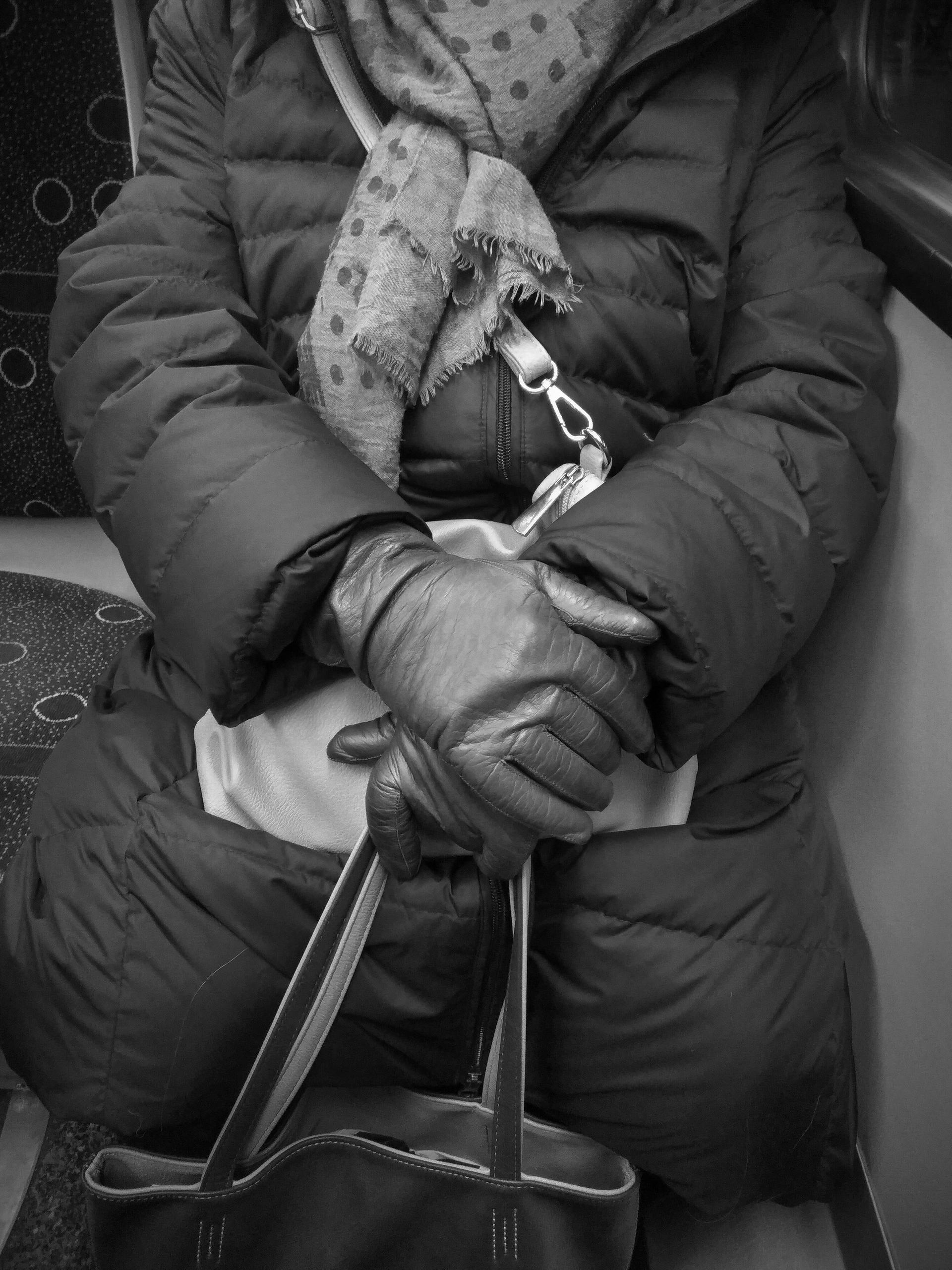

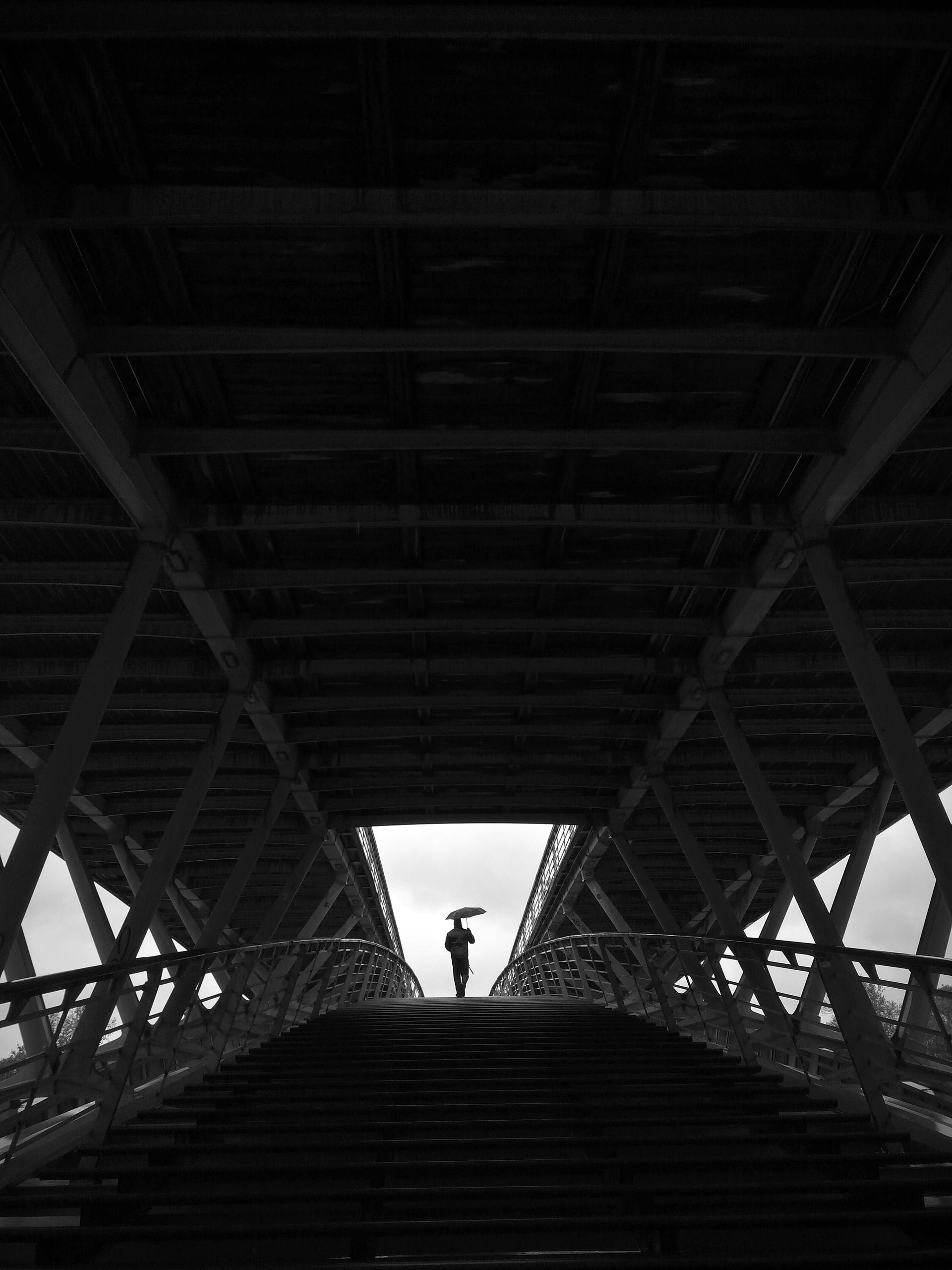

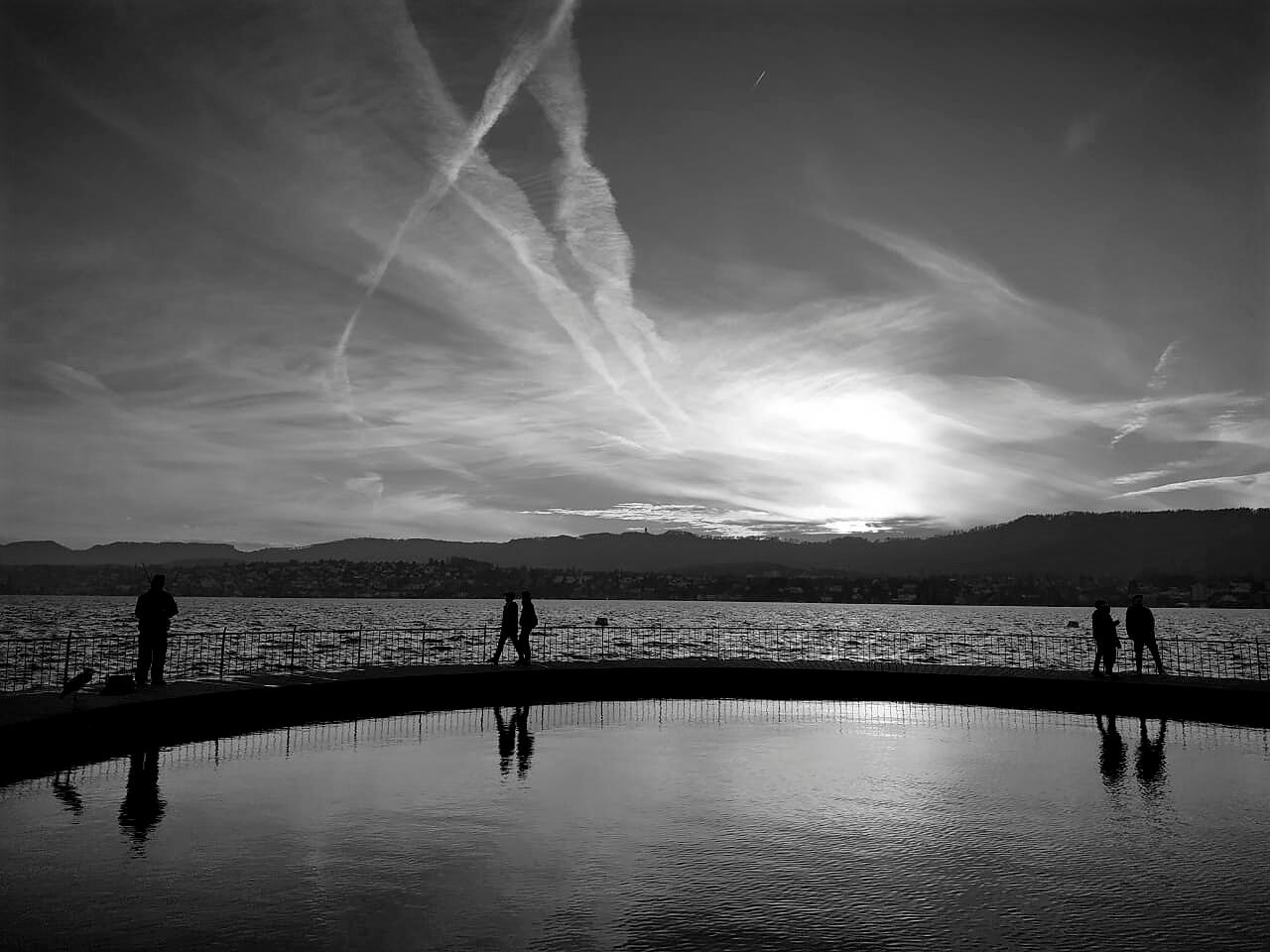
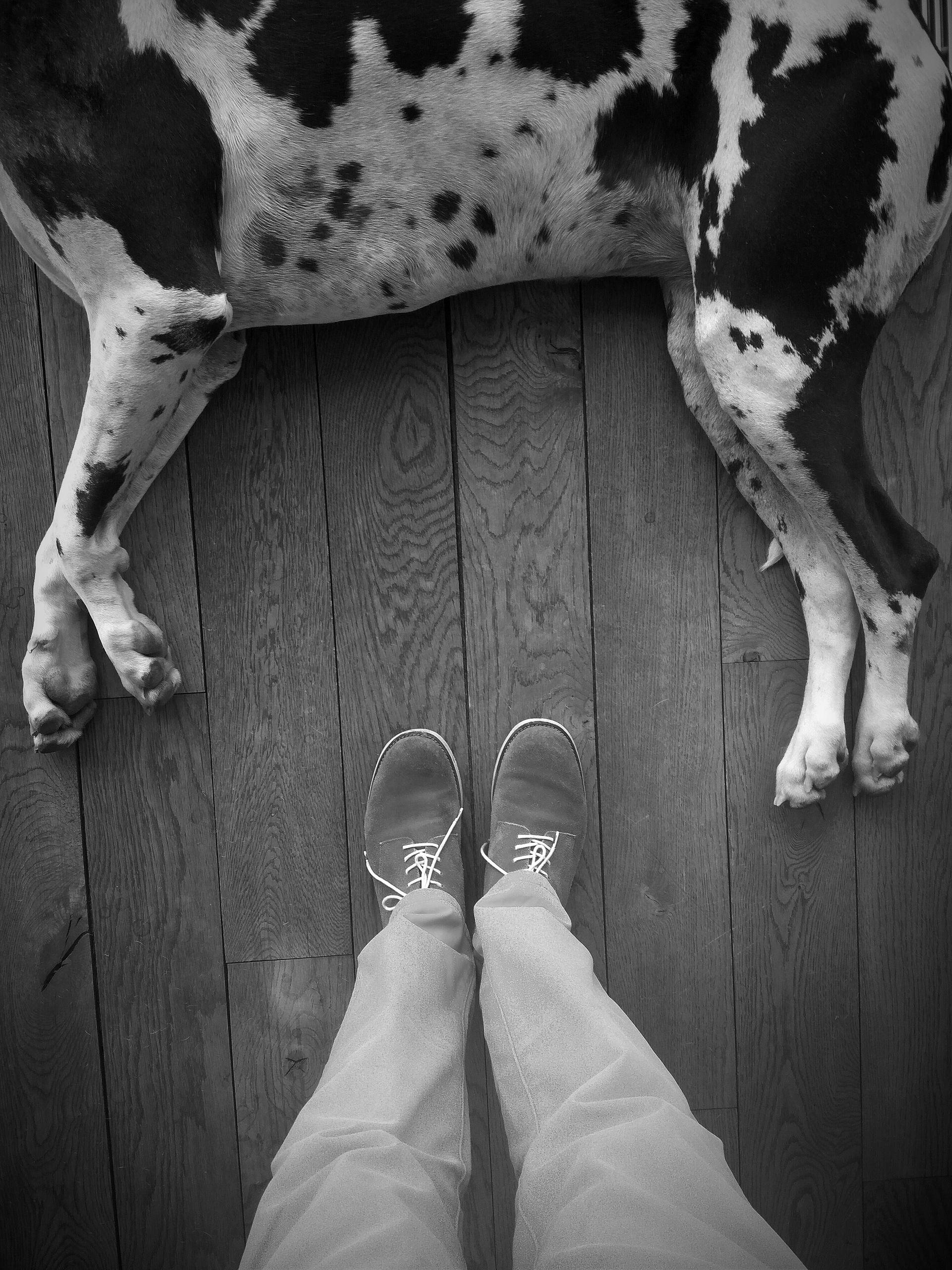
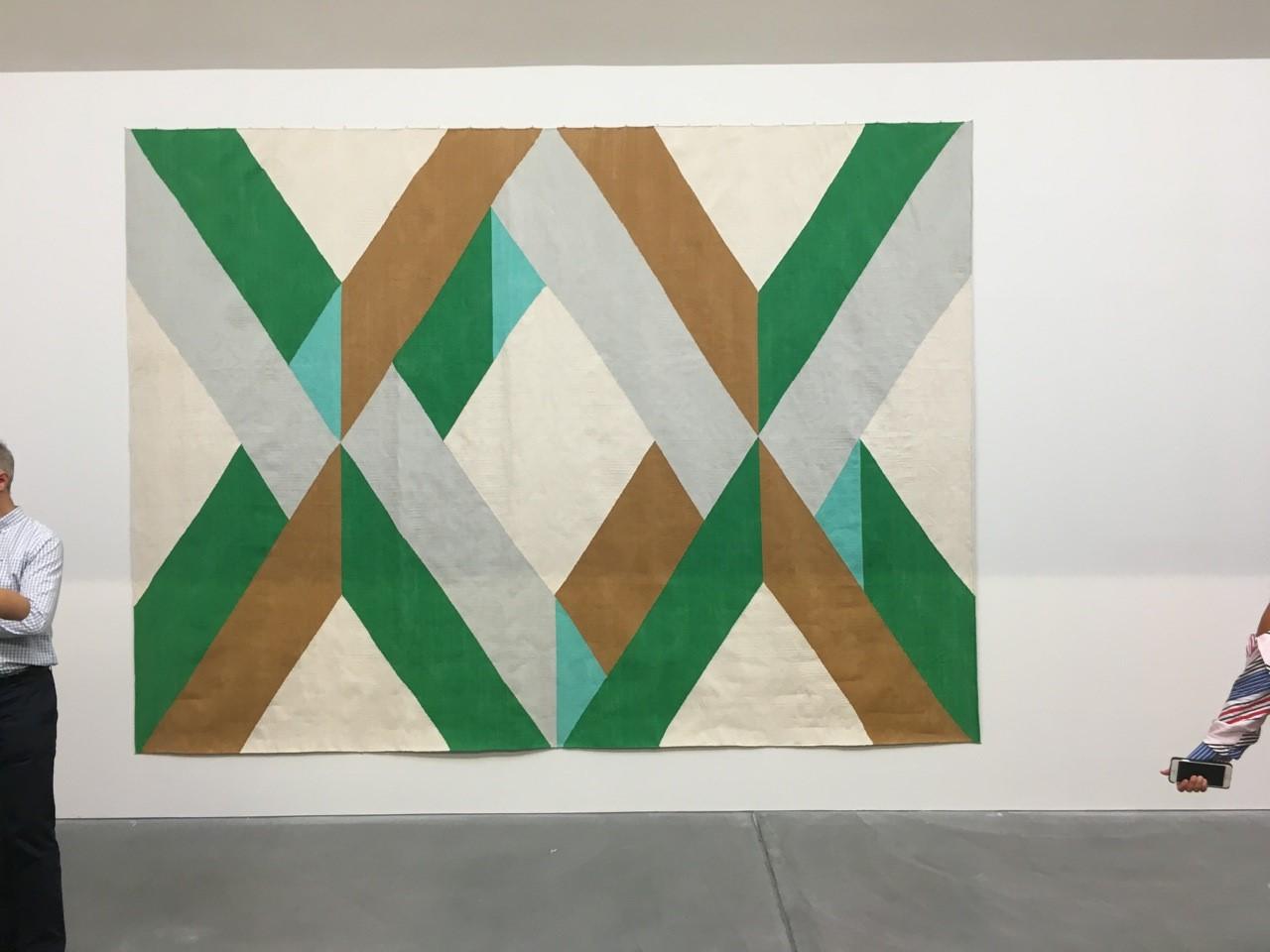
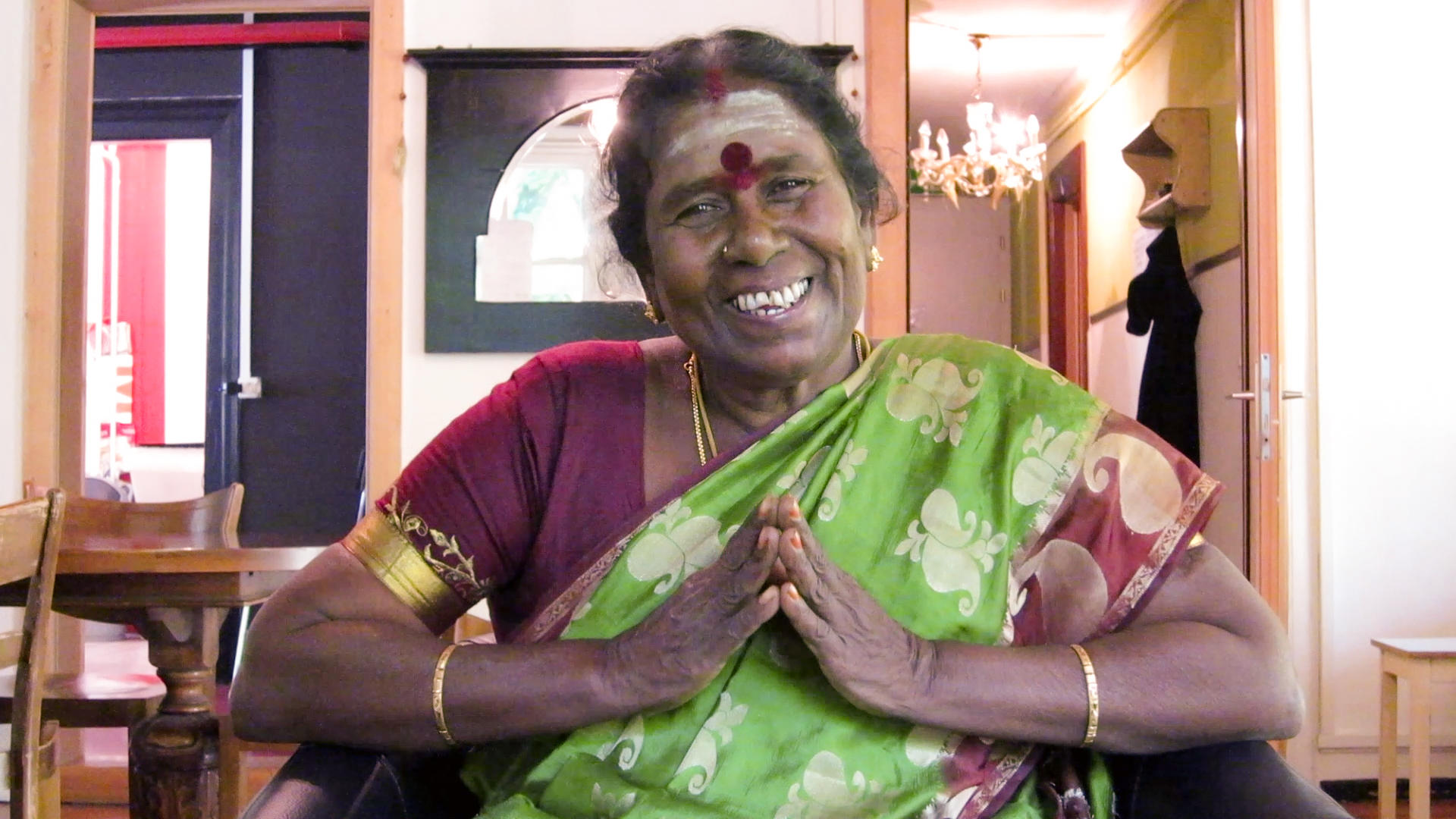
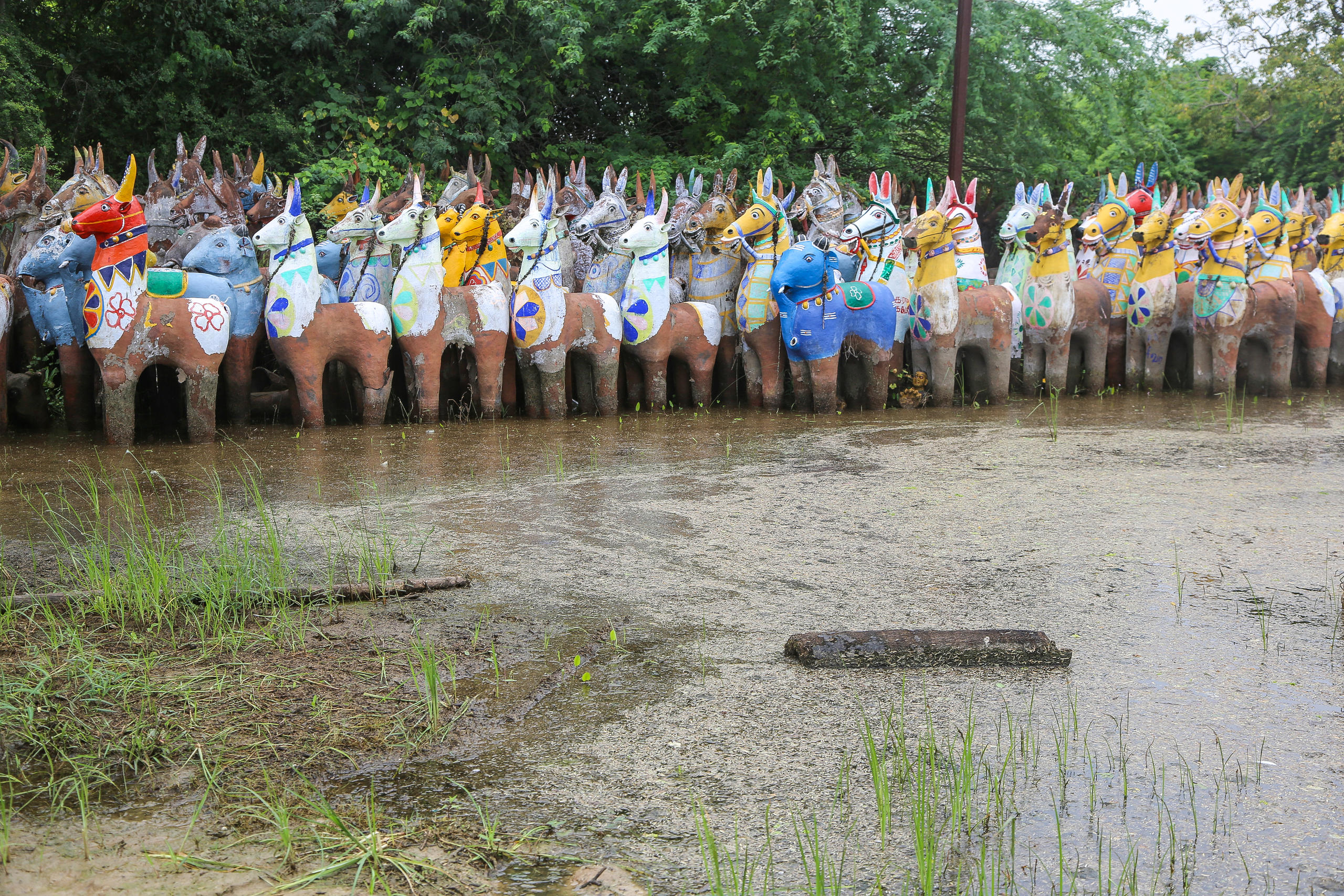
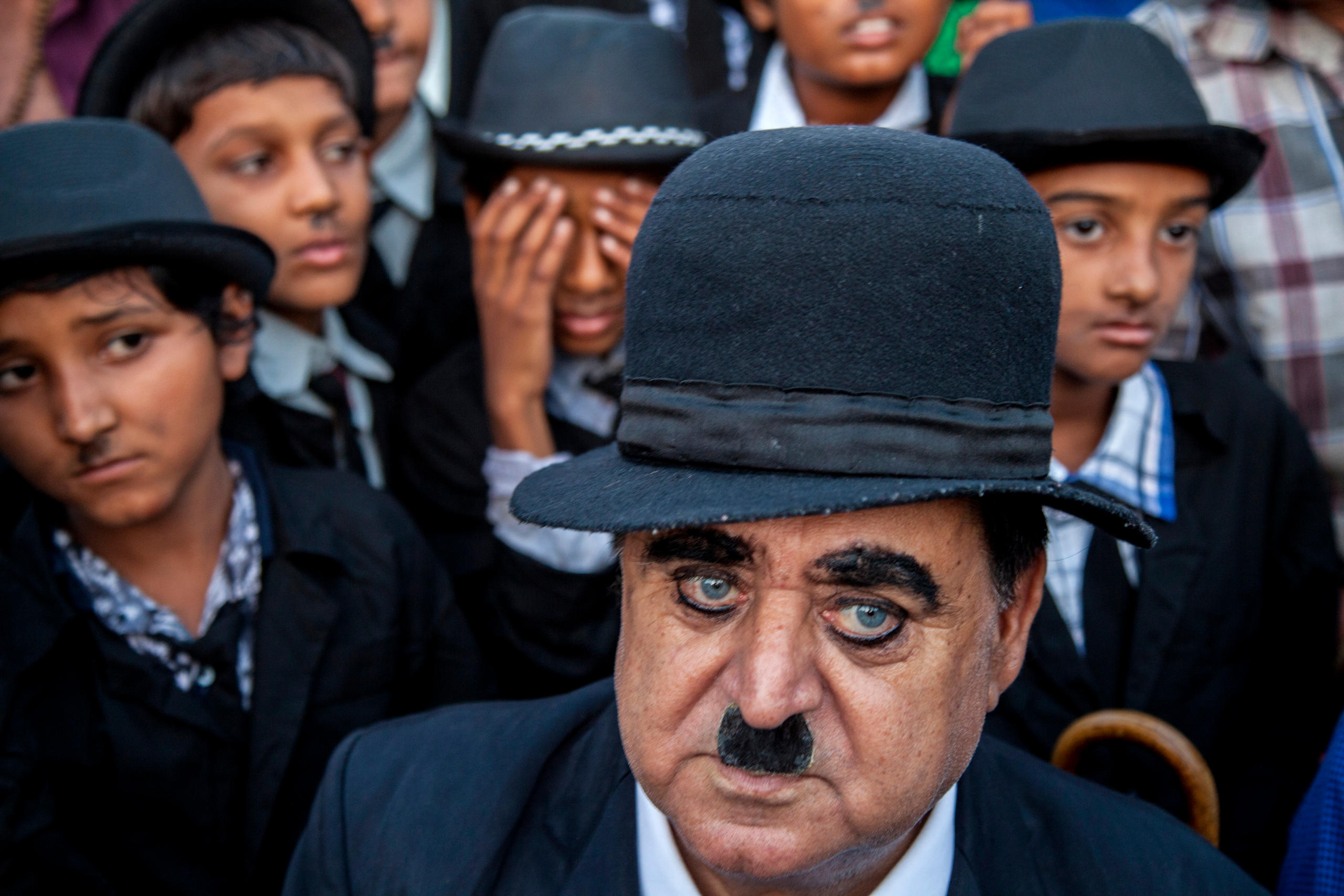
You can find an overview of ongoing debates with our journalists here. Please join us!
If you want to start a conversation about a topic raised in this article or want to report factual errors, email us at english@swissinfo.ch.